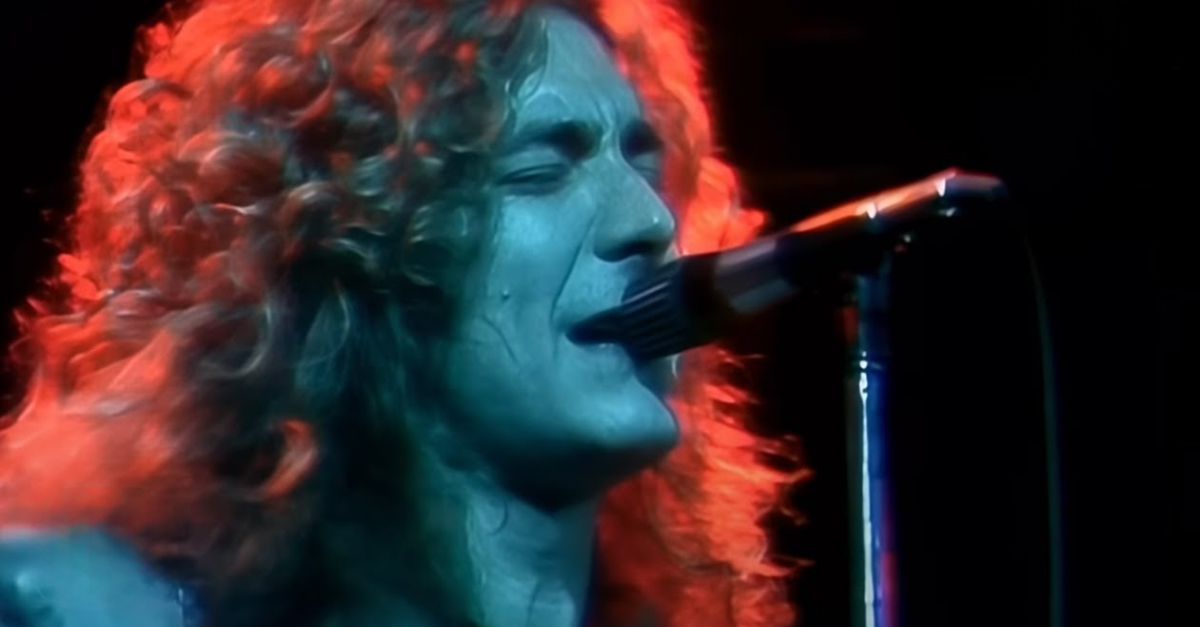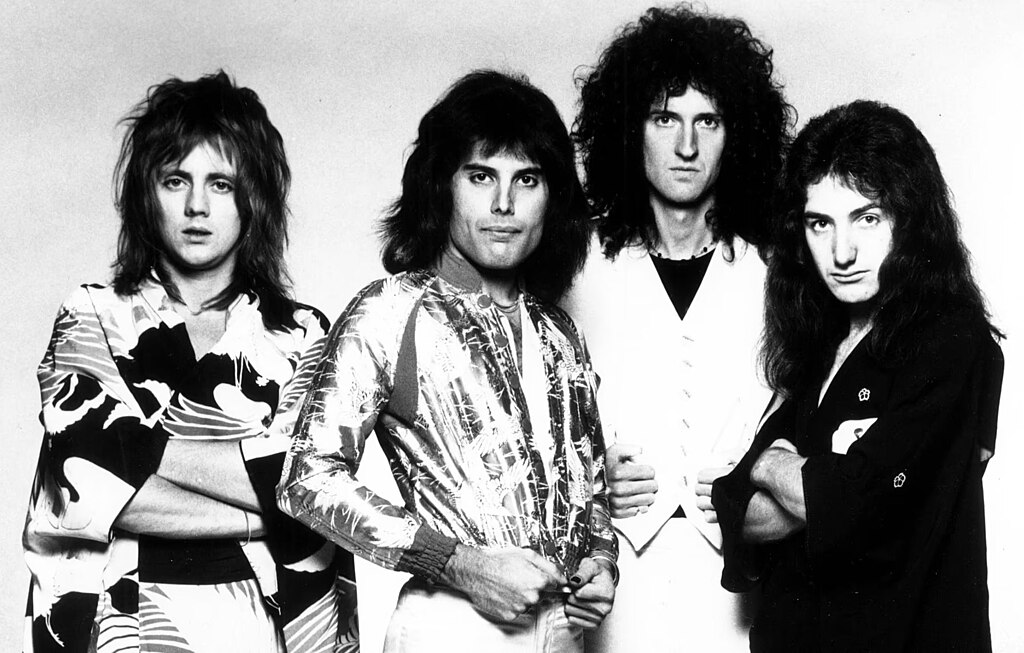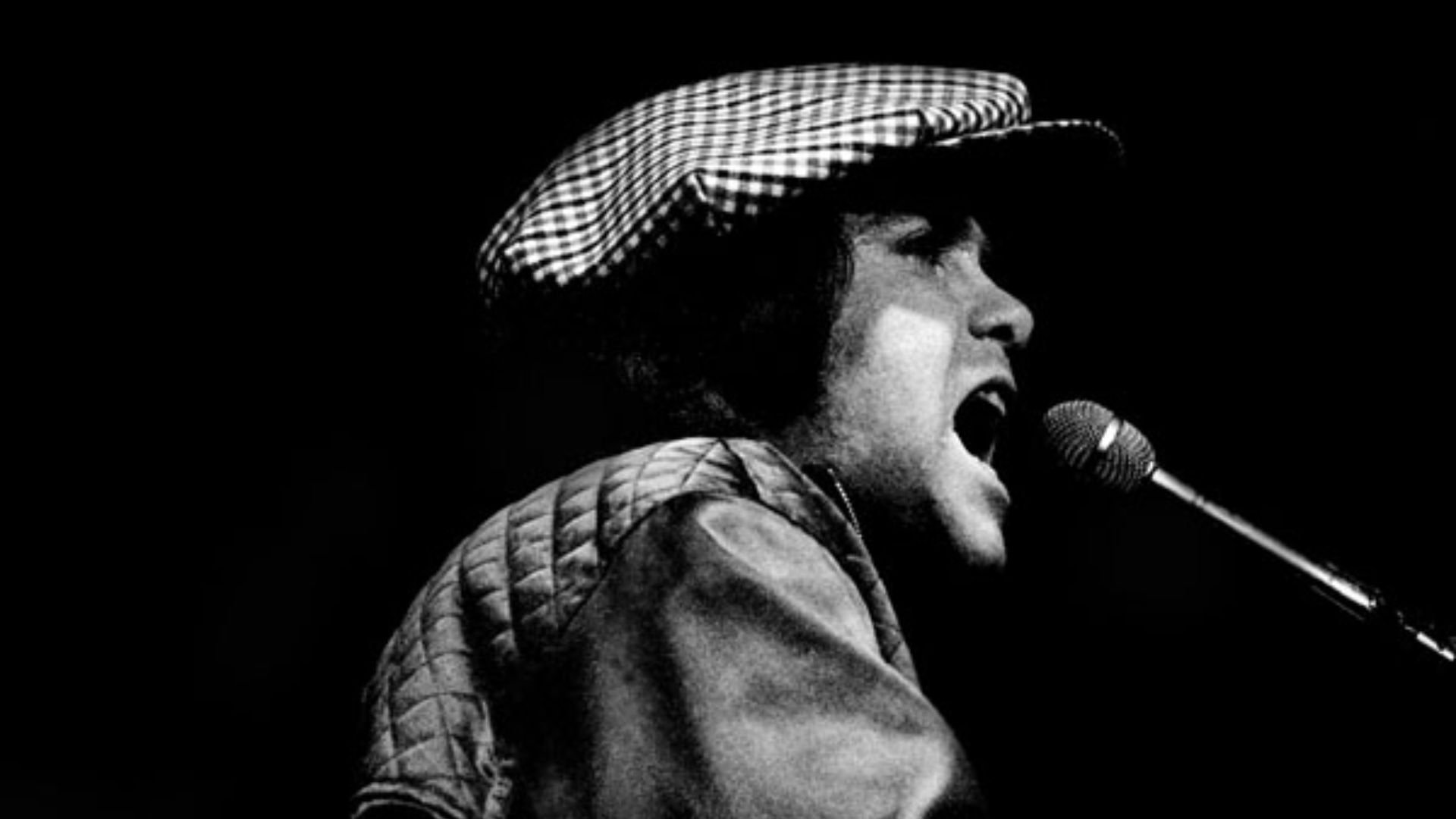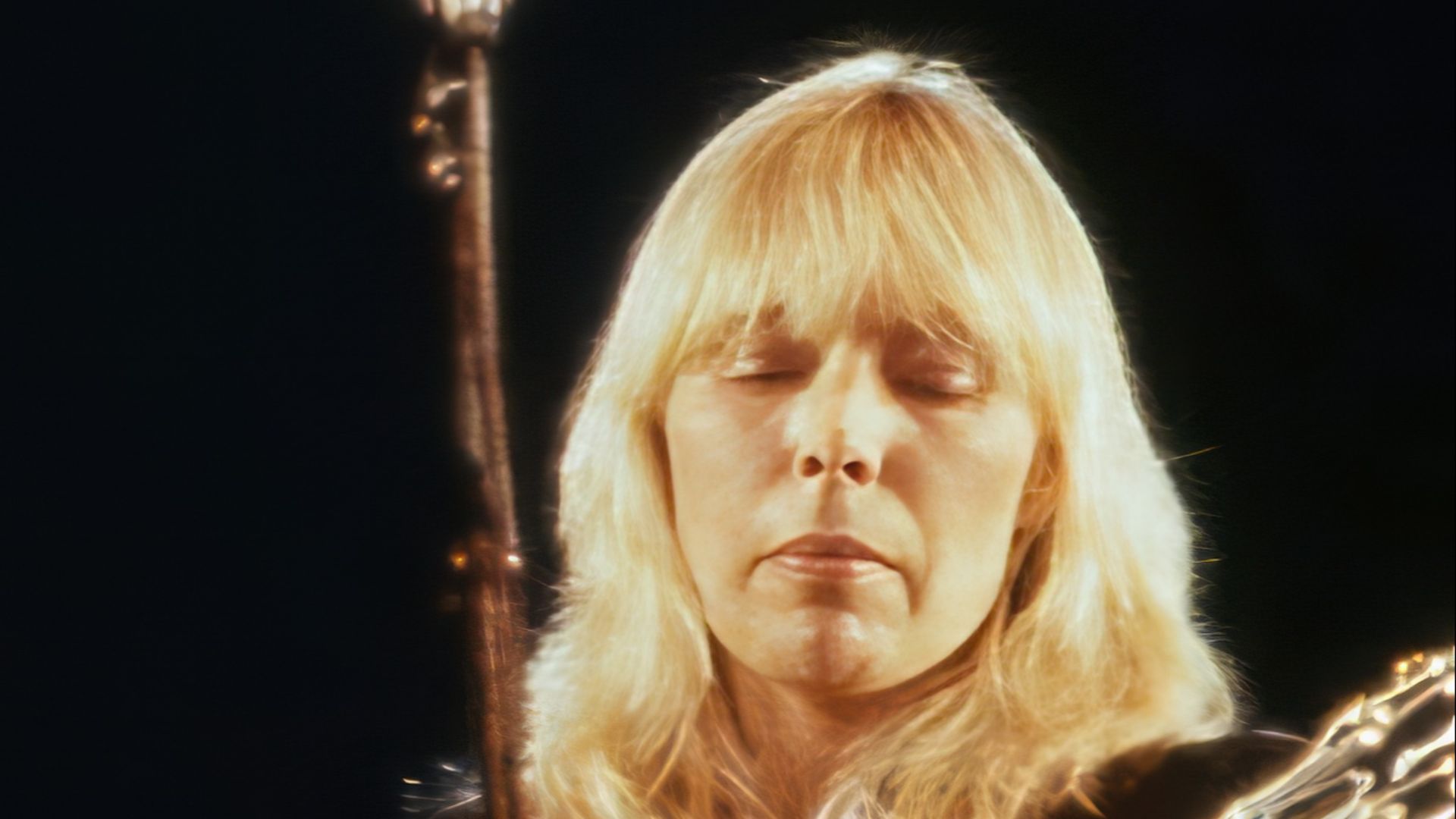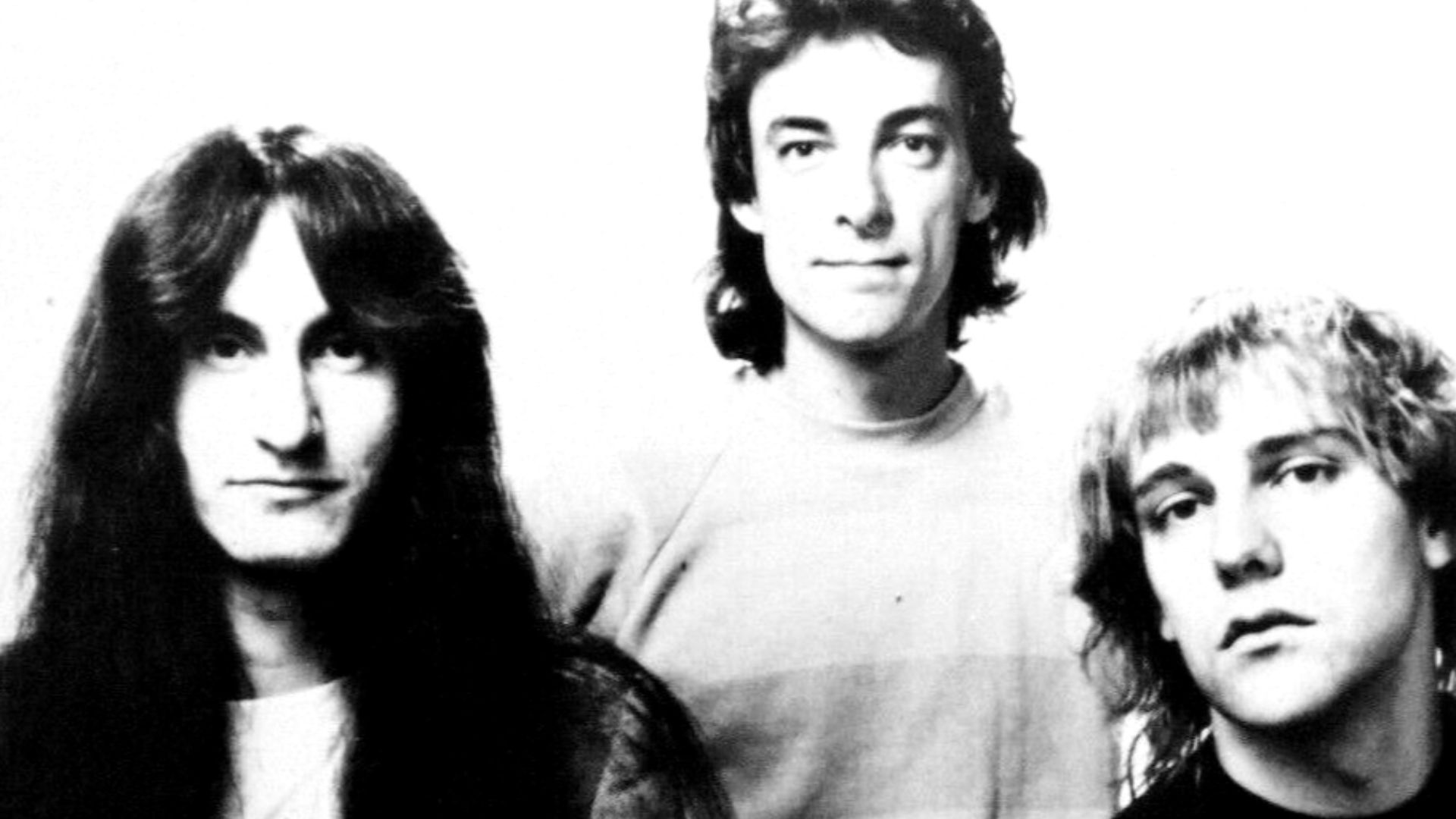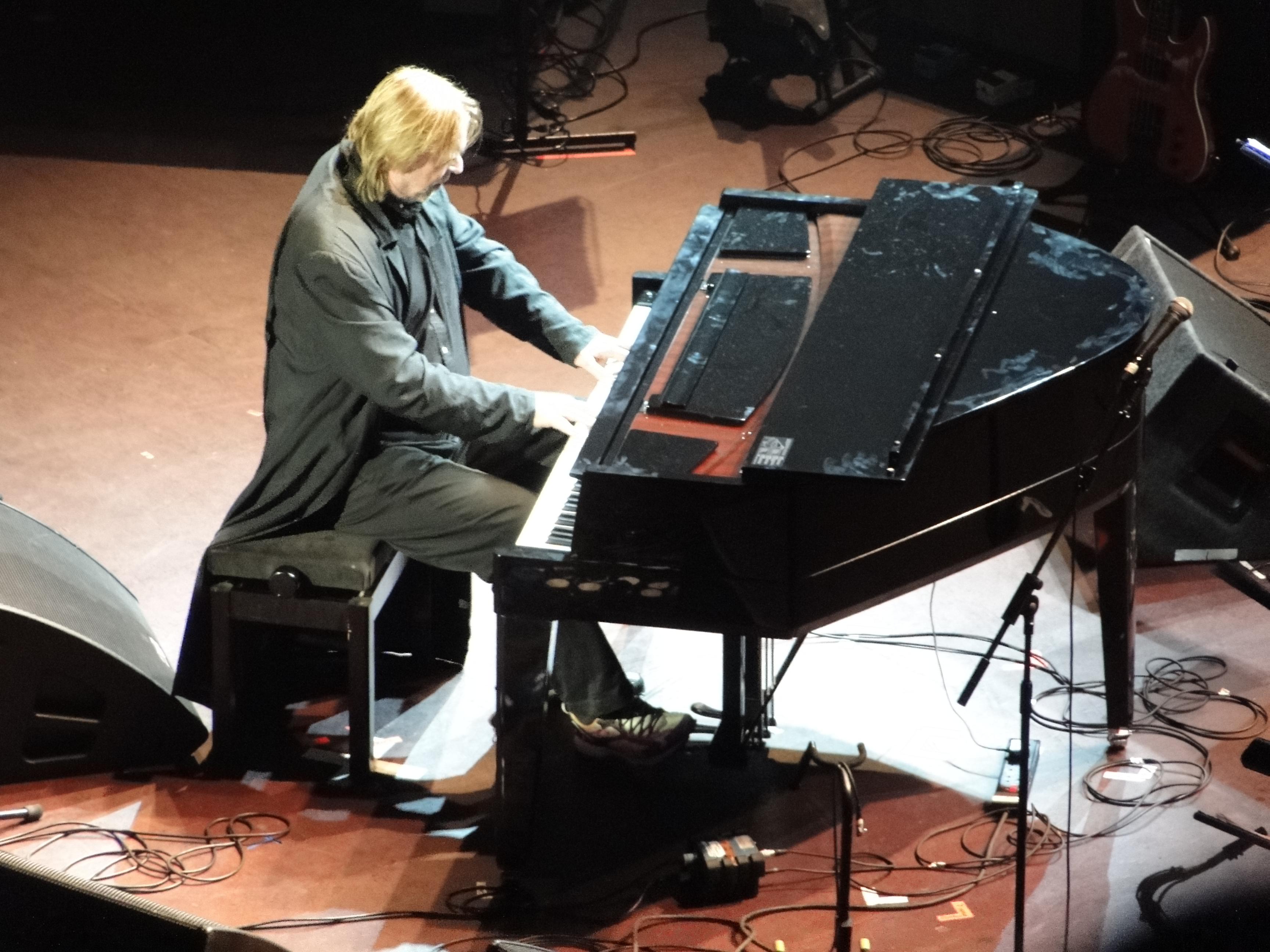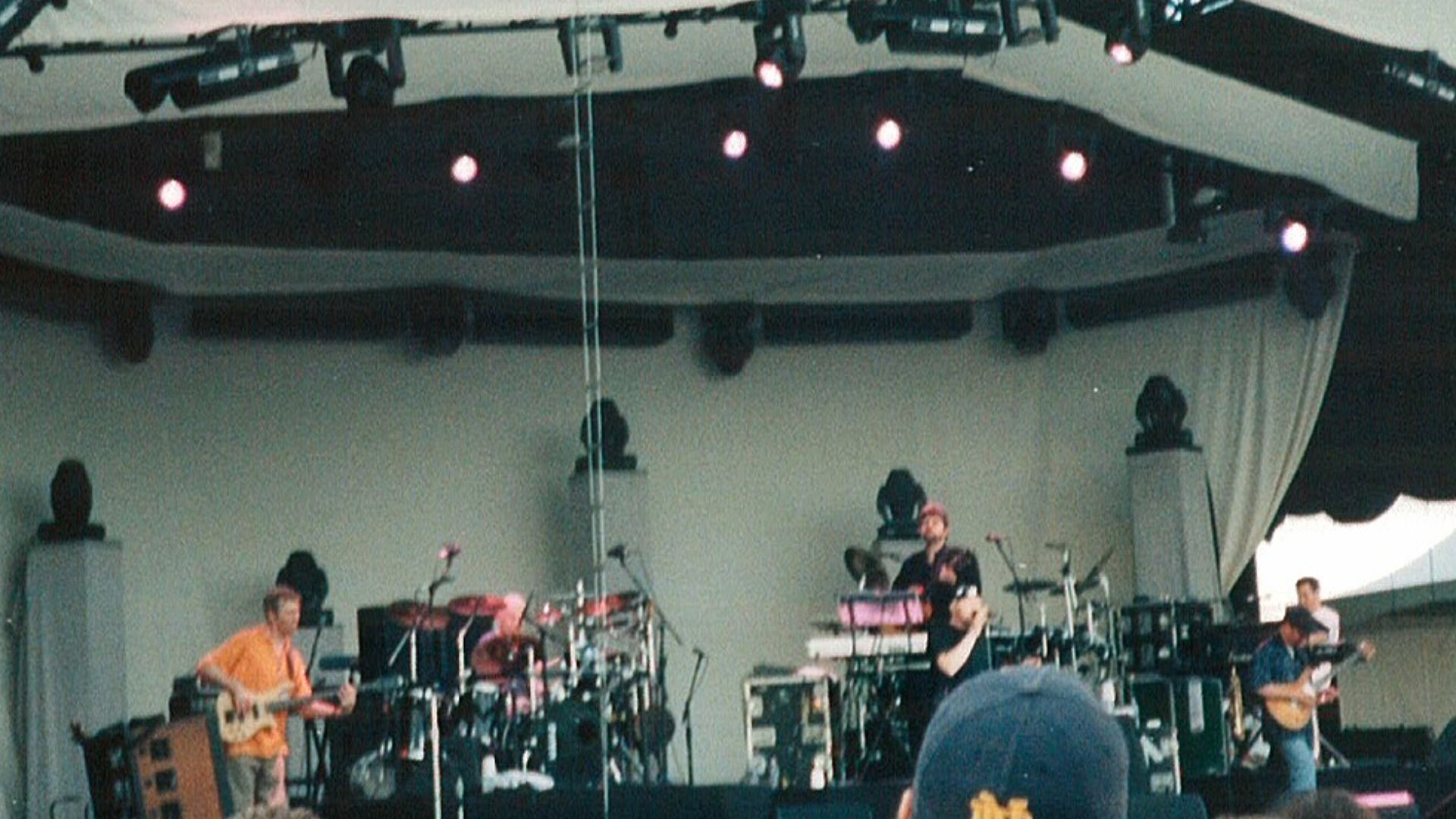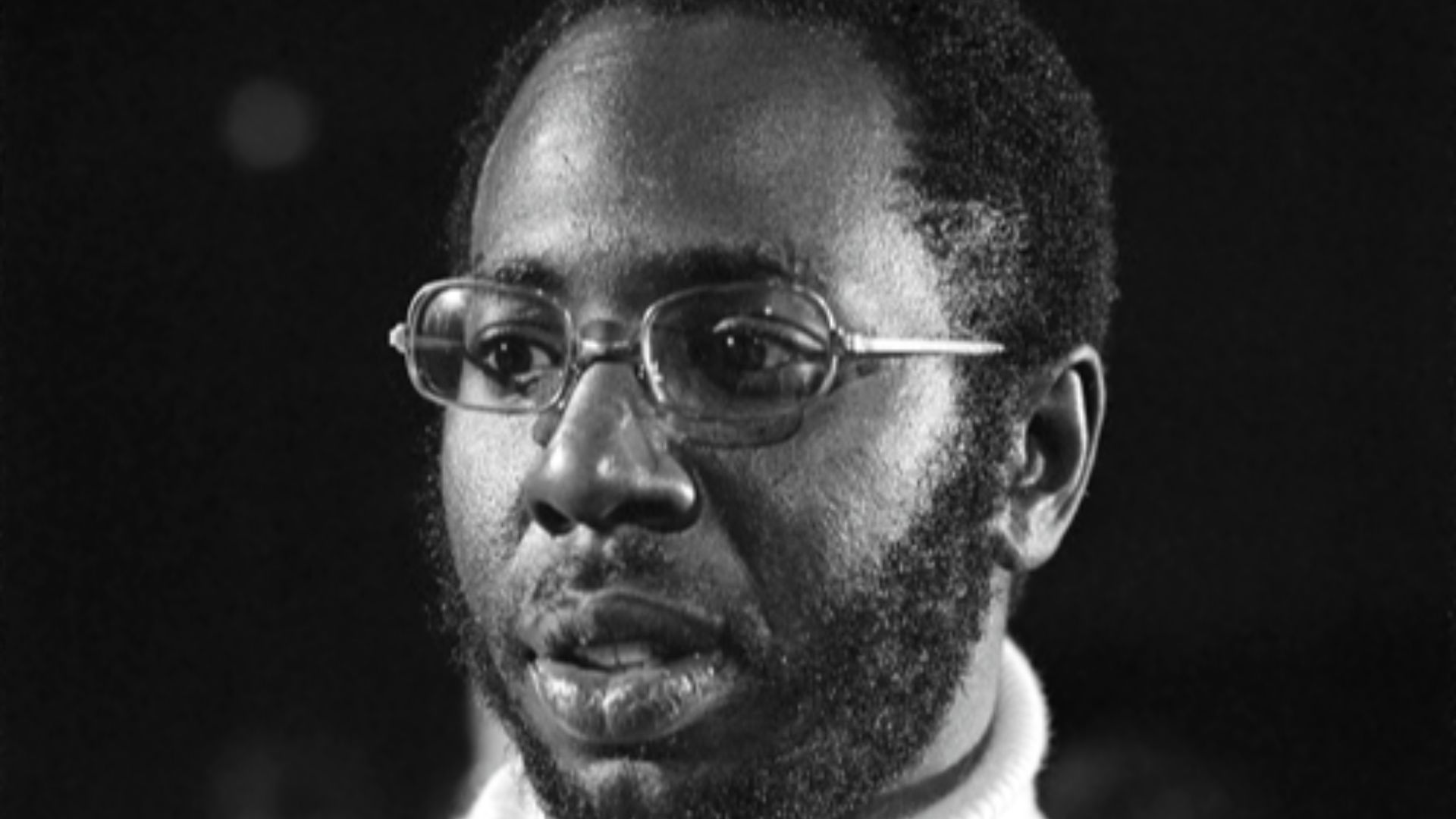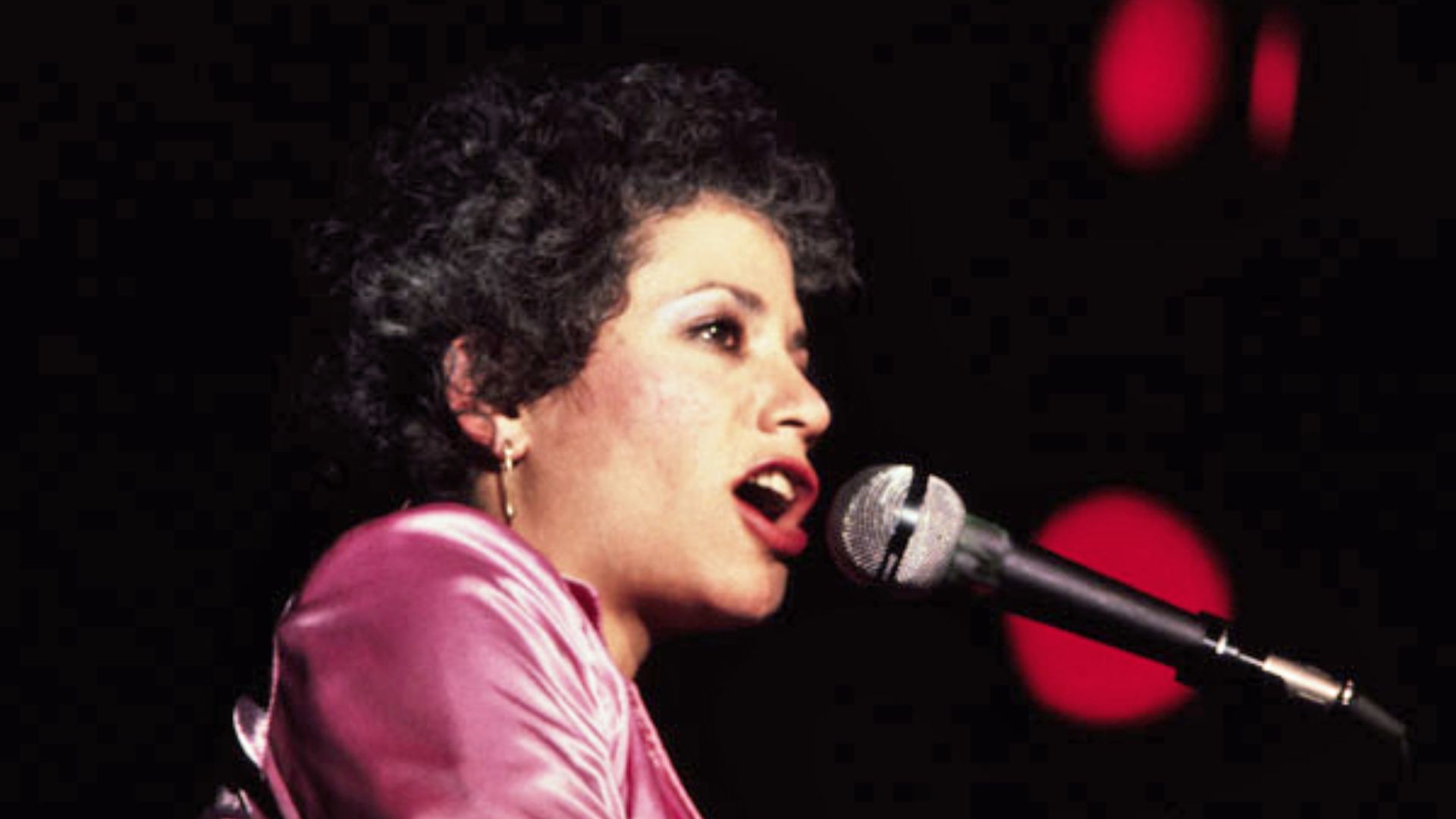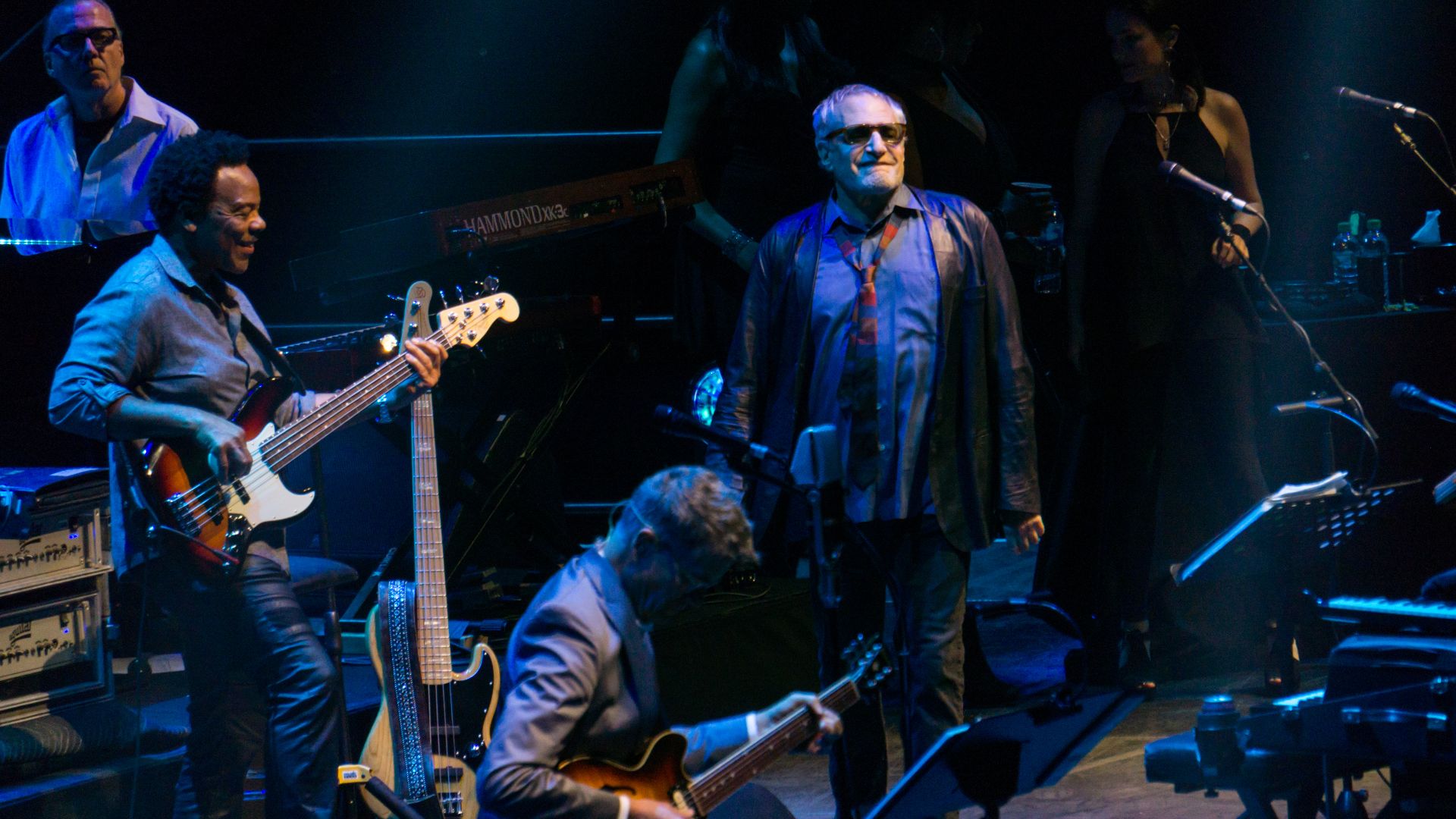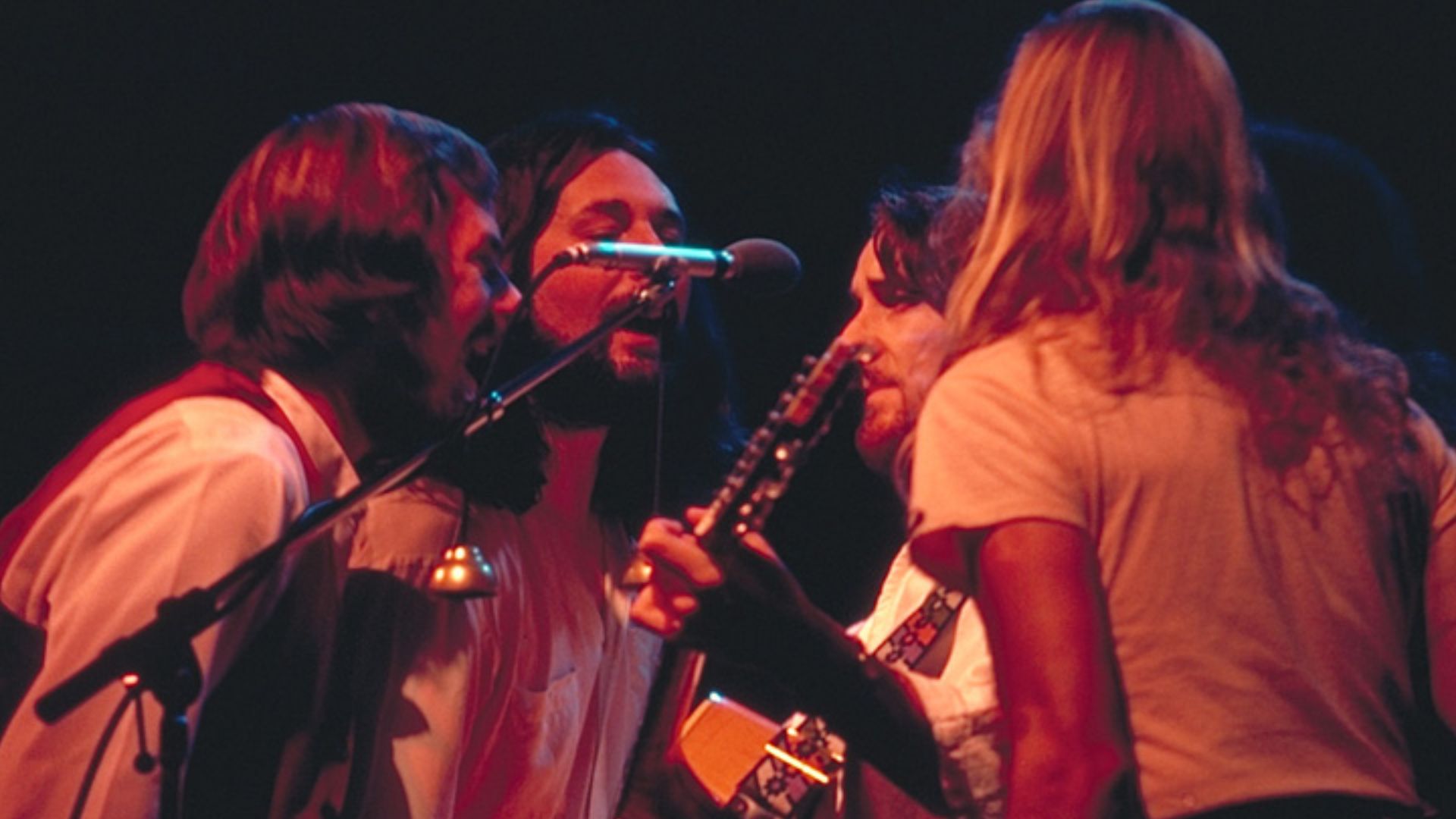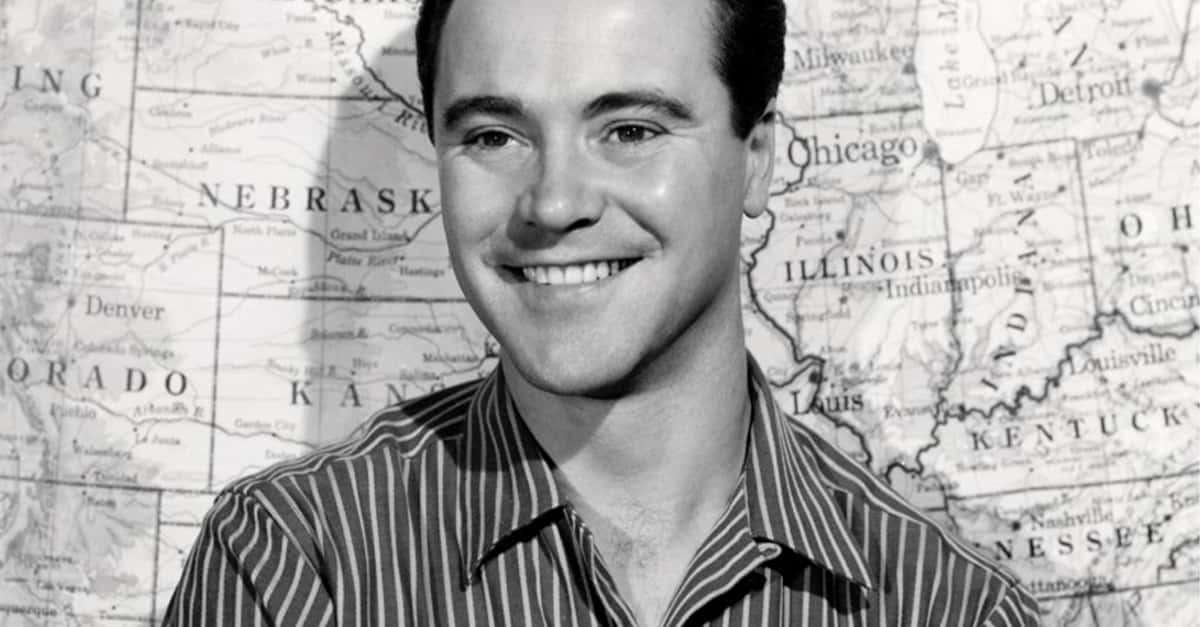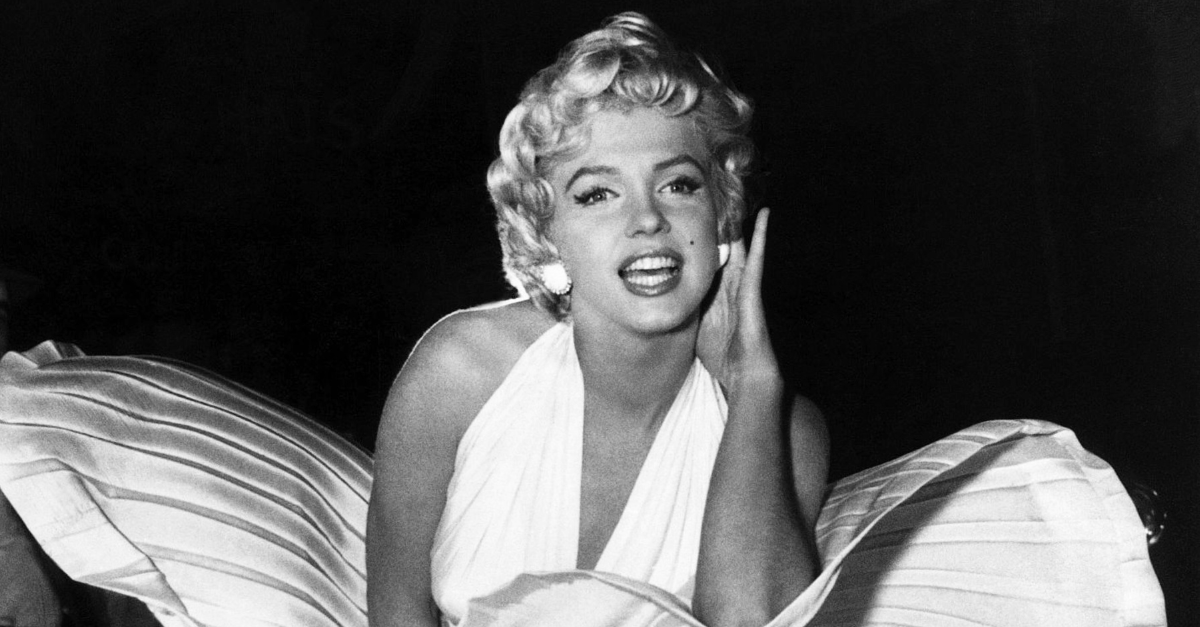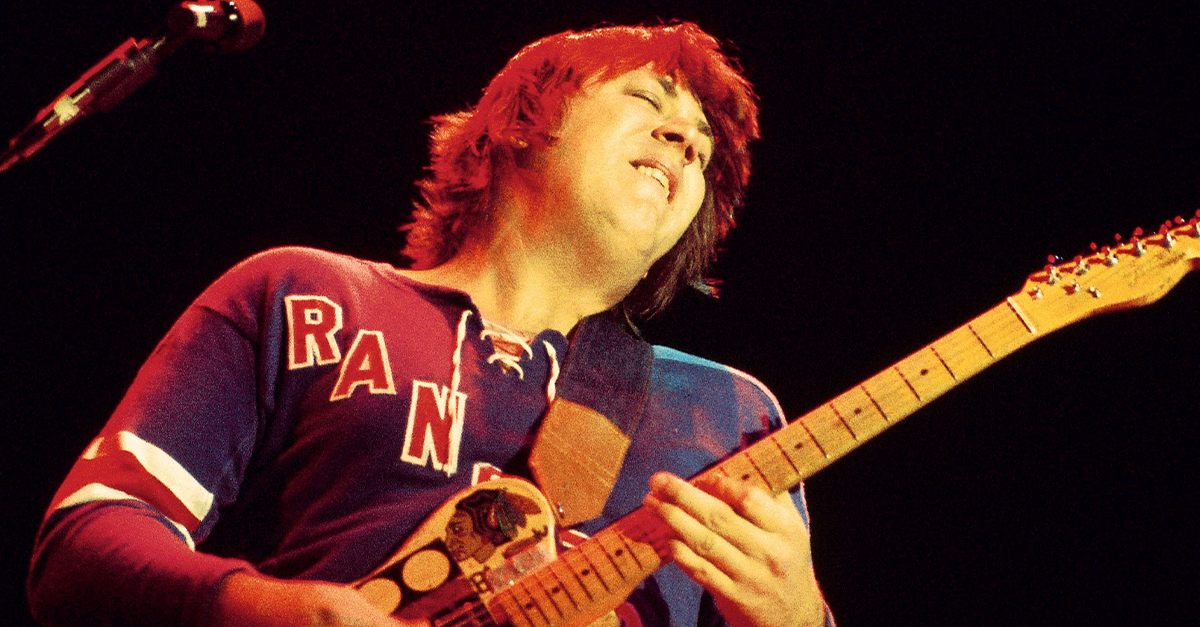They Don't Make 'Em Like 1975 Anymore
Half a century later, the albums of 1975 still sound as fresh, daring, and alive as the day they dropped. This was the year of storytelling, musicianship, and emotion—all recorded on tape, not tuned by software. These 50-year-old records are now five decades old, but they remain timeless reminders of what real creativity sounds like (and that music these days just isn't on the same level).
"Born to Run (Bruce Springsteen)"
Released in August 1975, Born to Run turned Bruce Springsteen from a cult hero into a household name. Every track is a cinematic rush of guitars, horns, and youthful urgency. Springsteen later said, “I wanted to make the greatest rock album ever.” He came pretty close.
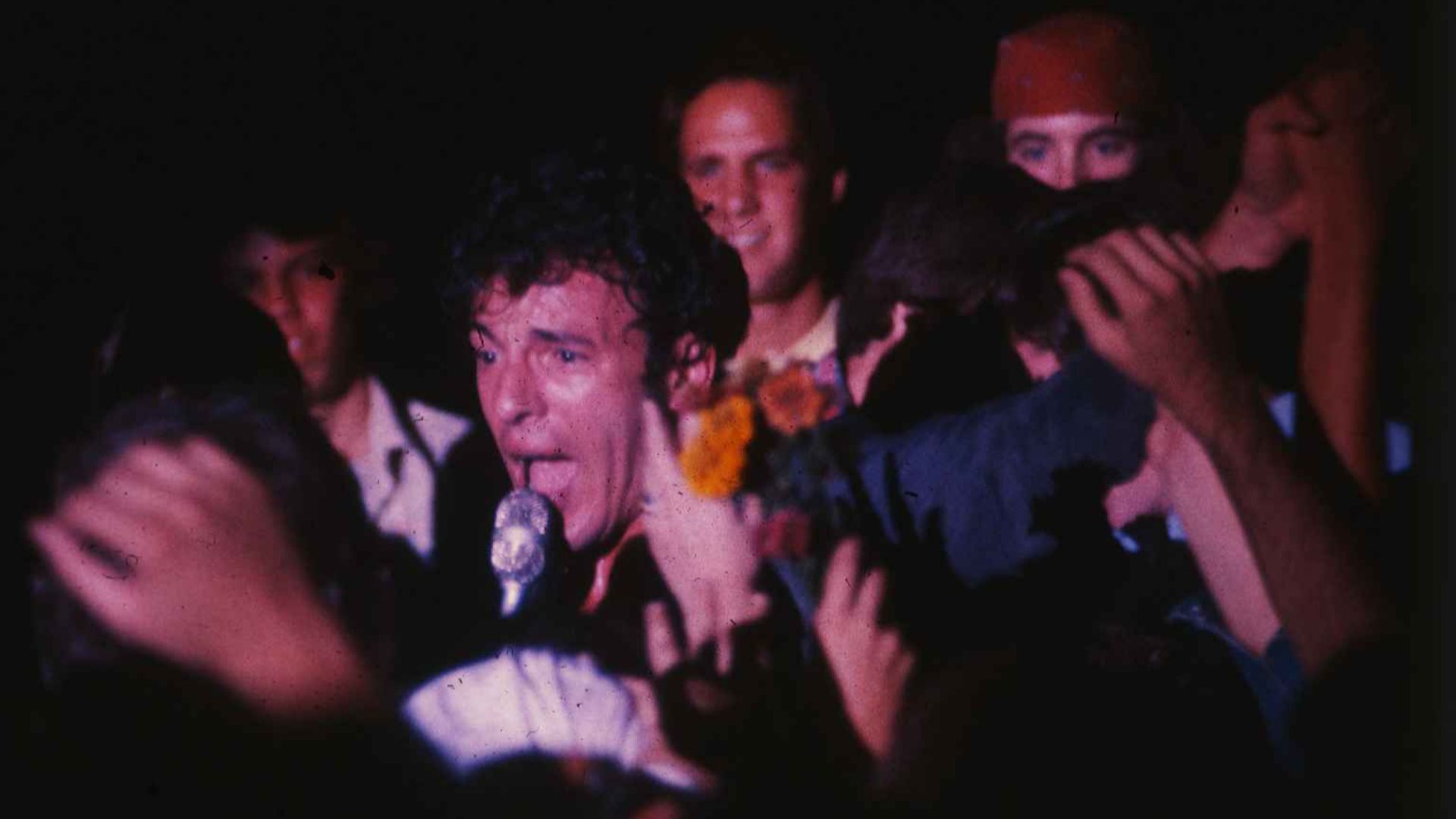 Carl Lender, Wikimedia Commons
Carl Lender, Wikimedia Commons
"Fleetwood Mac (Fleetwood Mac)"
The addition of Lindsey Buckingham and Stevie Nicks brought a new spark to the band’s self-titled album. Rhiannon and Landslide became instant classics. “It was the beginning of everything,” Nicks recalled. The chemistry was messy, magical, and unmistakable.
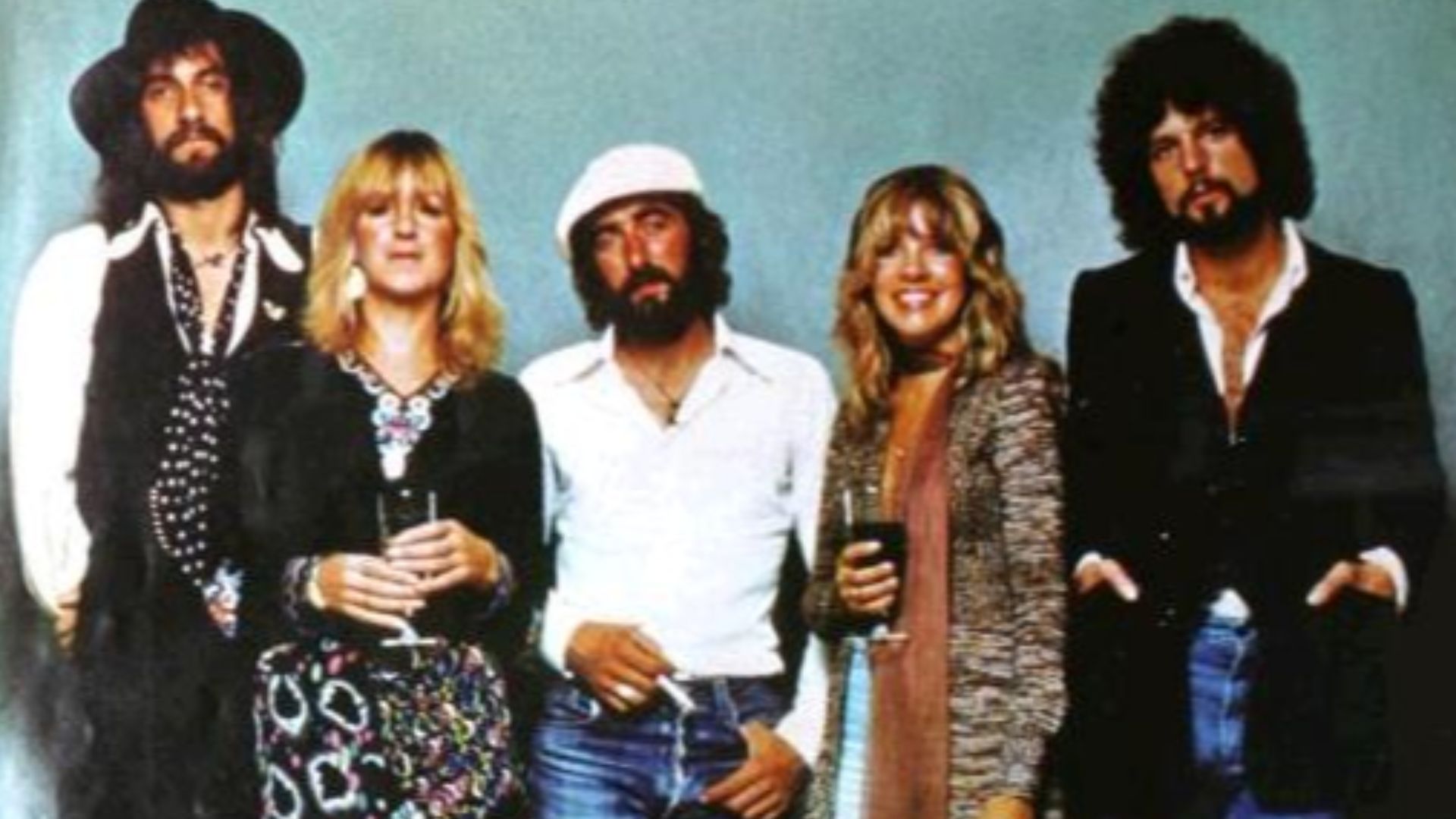 Warner Bros. Records, Wikimedia Commons
Warner Bros. Records, Wikimedia Commons
"Wish You Were Here (Pink Floyd)"
Pink Floyd followed The Dark Side of the Moon with this haunting reflection on absence and fame. The record pays tribute to their lost bandmate Syd Barrett. Roger Waters called it “a requiem for friendship.” It’s an emotional masterpiece that still resonates fifty years later.
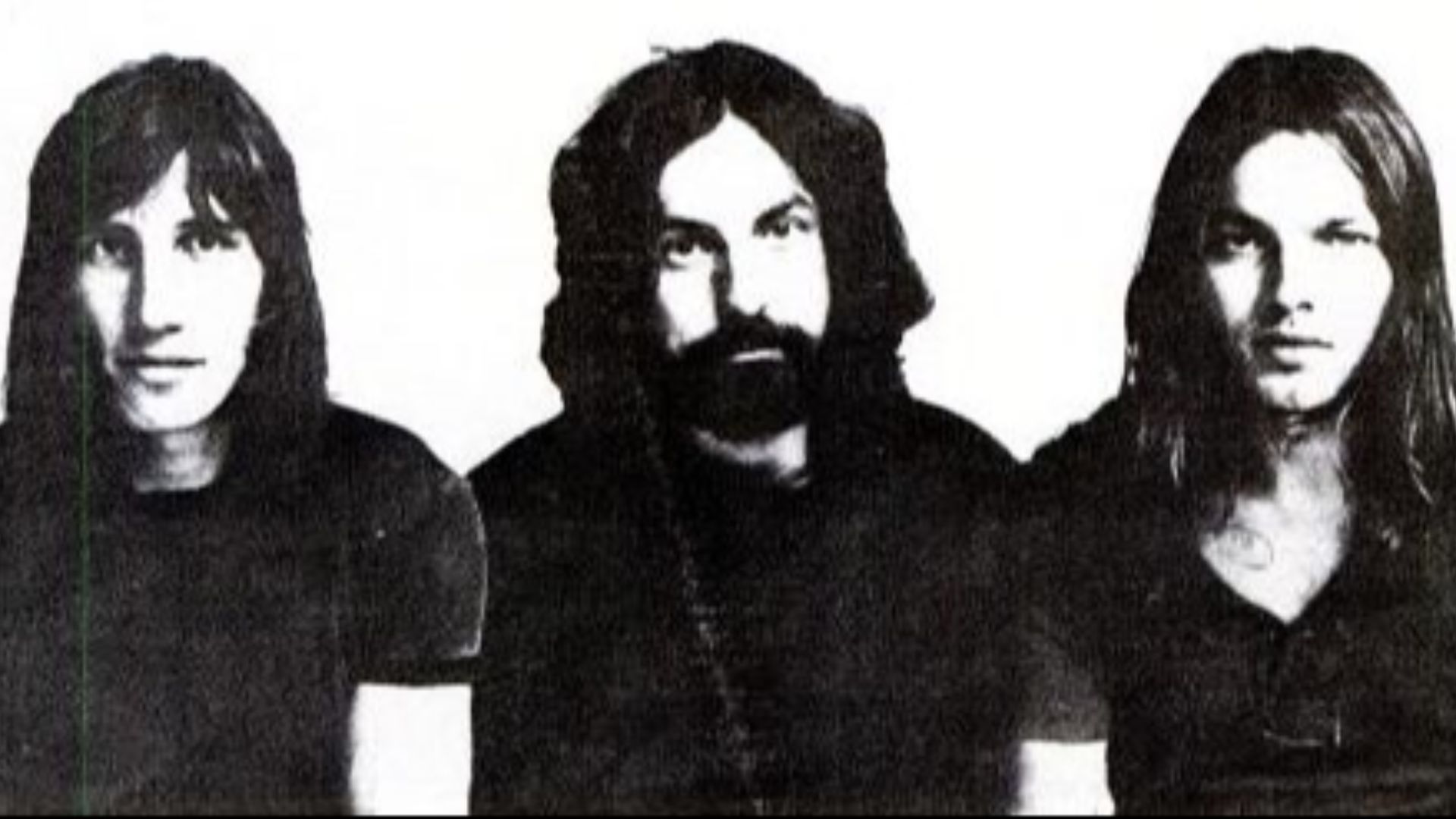 Capitol Records, Wikimedia Commons
Capitol Records, Wikimedia Commons
"A Night at the Opera (Queen)"
Freddie Mercury, Brian May, Roger Taylor, and John Deacon threw every idea imaginable into this glorious chaos. Bohemian Rhapsody alone made rock history, but Love of My Life and You’re My Best Friend proved Queen could do heartfelt as well as bombastic. As May said, “We wanted to be outrageous and proud of it.”
"Blood on the Tracks (Bob Dylan)"
Heartbreak never sounded so poetic. Dylan poured his soul into Blood on the Tracks, weaving stories of loss and reflection. Critics hailed it as a comeback, but Dylan shrugged it off: “It’s just what I felt like writing.” Five decades later, it still feels painfully human.
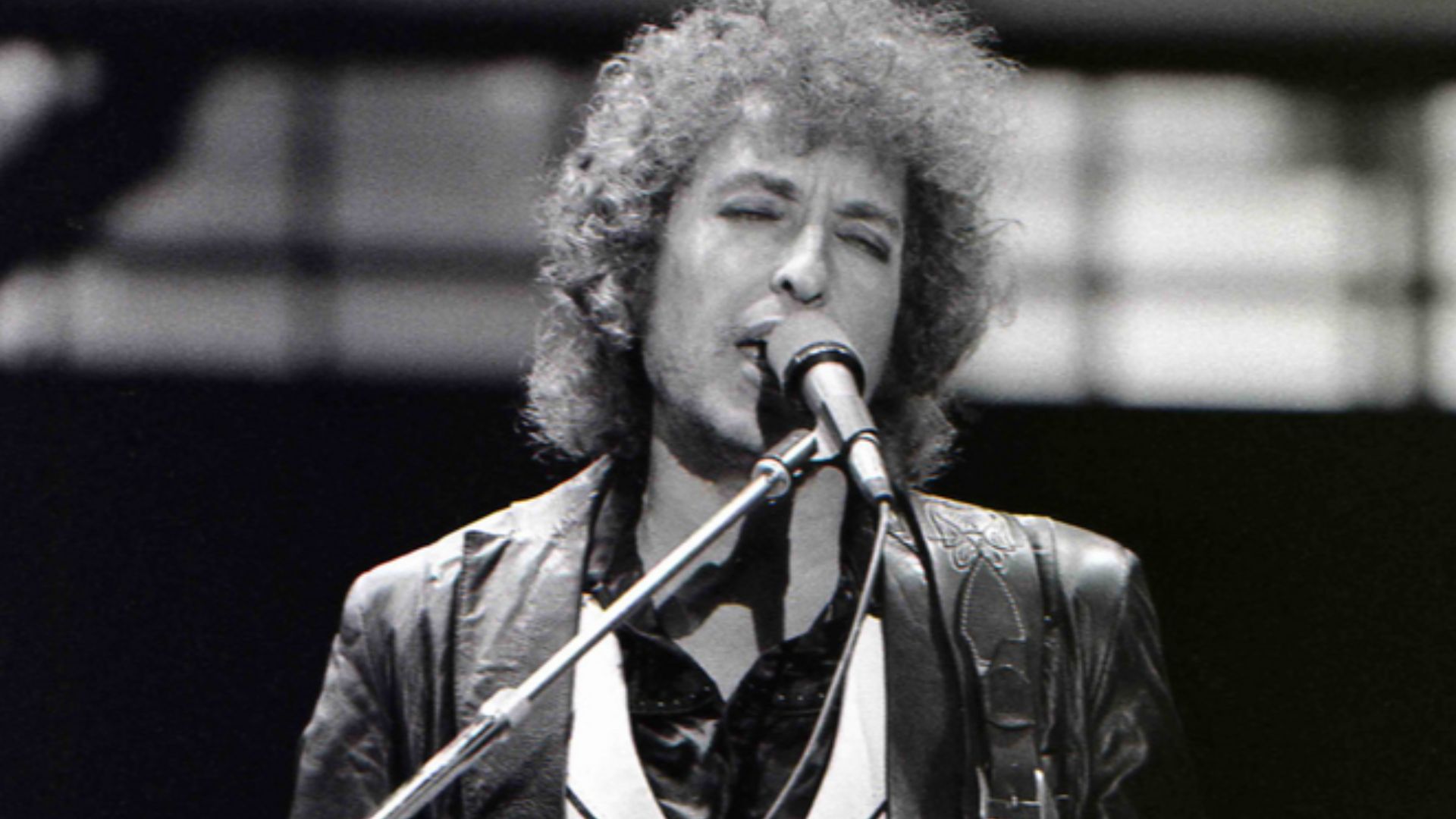 Chris Hakkens, Wikimedia Commons
Chris Hakkens, Wikimedia Commons
"Physical Graffiti (Led Zeppelin)"
A double album of thunder and mysticism, Physical Graffiti captured Led Zeppelin’s peak. From Kashmir to Trampled Under Foot, every song radiates power. Jimmy Page called it “a summation of everything we’d done.” Few bands have ever sounded this confident—or this colossal.
 Bruce Alan Bennett, Shutterstock
Bruce Alan Bennett, Shutterstock
"Toys in the Attic (Aerosmith)"
This album catapulted Aerosmith from bar band to rock icons. Sweet Emotion and Walk This Way became staples of American radio. Steven Tyler once said, “We were dangerous back then—and proud of it.” It’s reckless rock done right.
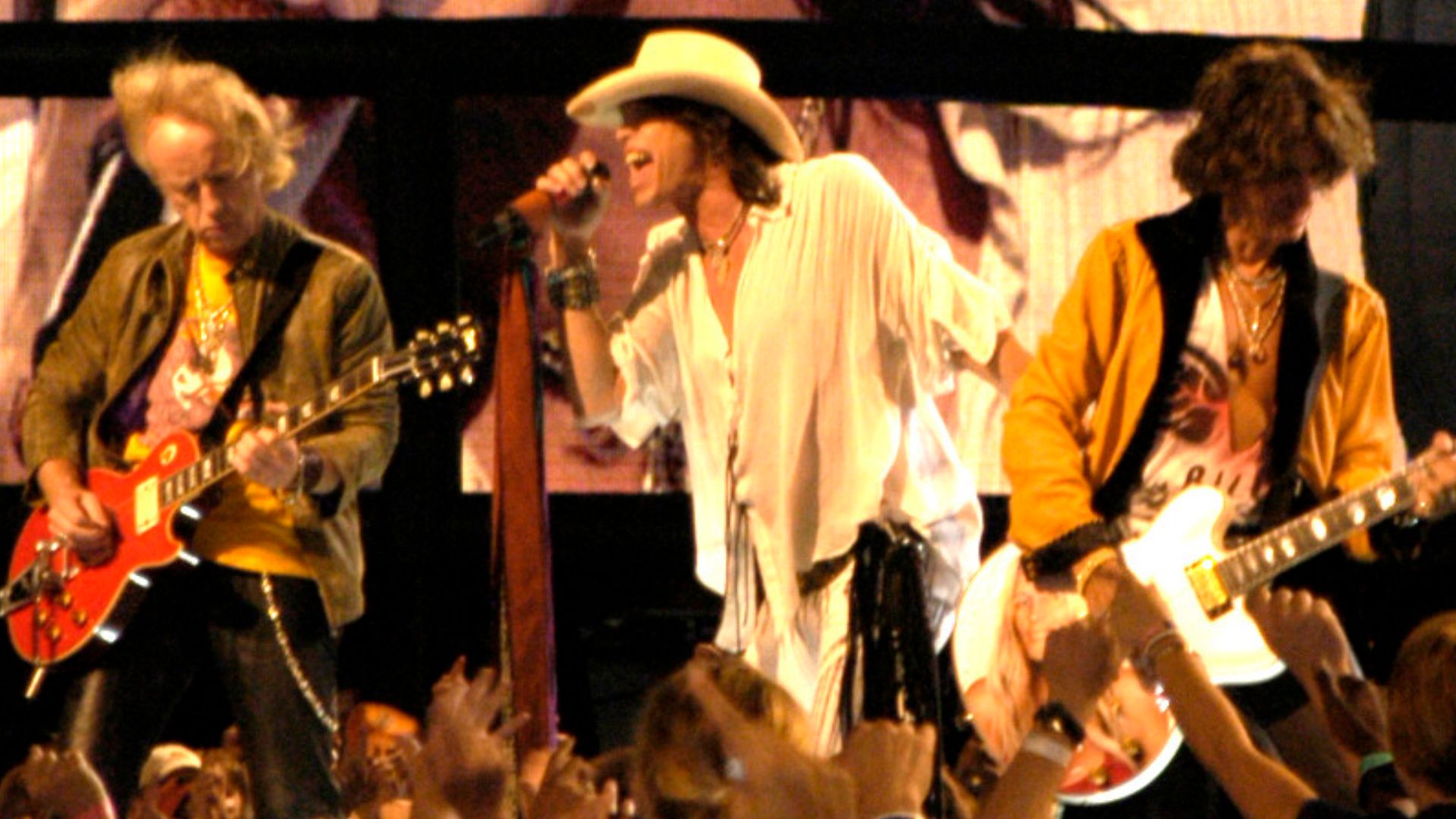 Photographer's Mate 2nd Class Rob Rubio, Wikimedia Commons
Photographer's Mate 2nd Class Rob Rubio, Wikimedia Commons
"Young Americans (David Bowie)"
Bowie reinvented himself again, swapping glam for soul. Young Americans brought funk, saxophones, and even a John Lennon collaboration on Fame. Bowie called it “plastic soul,” but the grooves were pure gold.
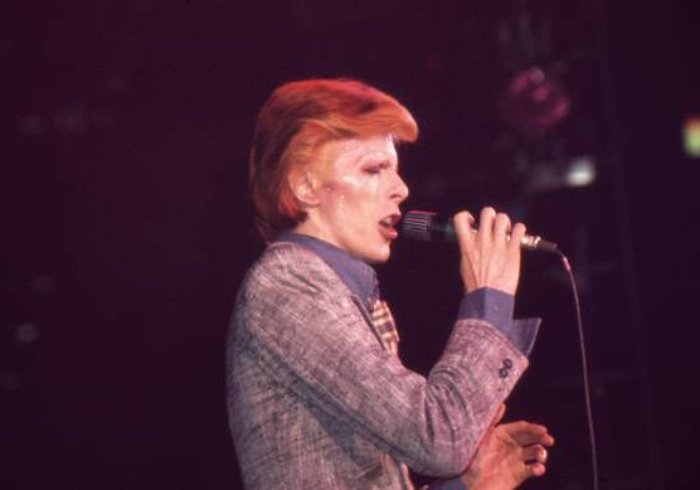 Hunter Desportes, CC BY 2.0, Wikimedia Commons
Hunter Desportes, CC BY 2.0, Wikimedia Commons
"Captain Fantastic and the Brown Dirt Cowboy (Elton John)"
A concept album about Elton John and Bernie Taupin’s own rise to fame, it’s witty, emotional, and immaculately produced. Someone Saved My Life Tonight remains one of Elton’s most personal tracks. Taupin later said, “It’s the story of two dreamers who made it.”
"The Hissing of Summer Lawns (Joni Mitchell)"
Joni took a risk, trading folk simplicity for jazz sophistication. Critics were puzzled at first, but the album has aged beautifully. Its layered rhythms and social commentary showed just how fearless she’d become as a songwriter. “I wanted to paint a sonic landscape,” she said—and she did.
"Red Headed Stranger (Willie Nelson)"
Stripped down and hauntingly simple, Willie Nelson’s concept album tells the story of heartbreak and redemption. His label thought it was too quiet. He proved them wrong. “I believed in it,” Nelson said. The result was one of the most authentic country albums ever recorded.
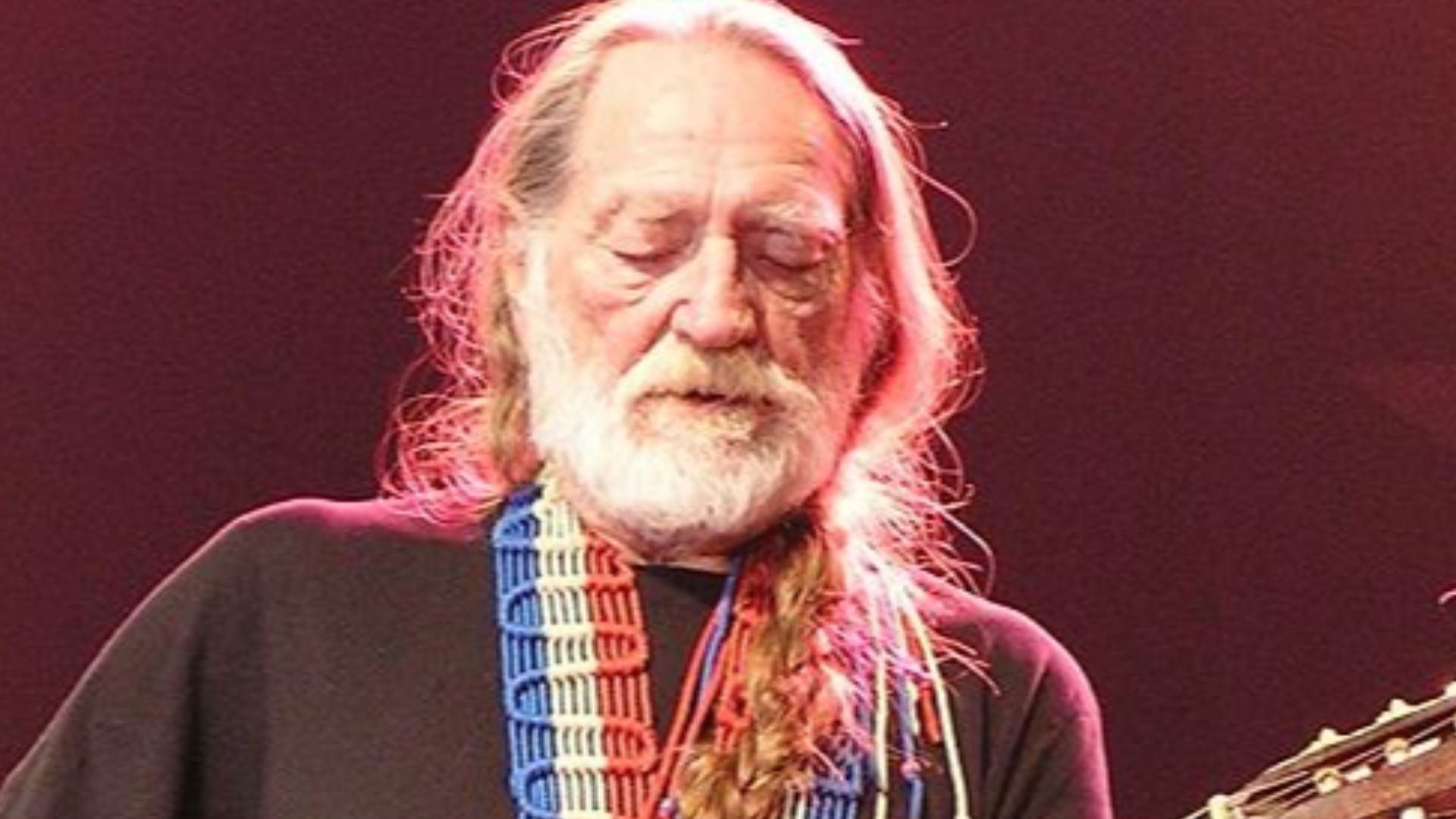 Robbiework at English Wikipedia (Original text: Robbiework (talk)), Wikimedia Commons
Robbiework at English Wikipedia (Original text: Robbiework (talk)), Wikimedia Commons
"Alive! (Kiss)"
Before the pyrotechnics and marketing empire, there was this electric live record. Alive! captured the chaos of a Kiss concert and turned them into legends overnight. “It was like lightning in a bottle,” Paul Stanley said.
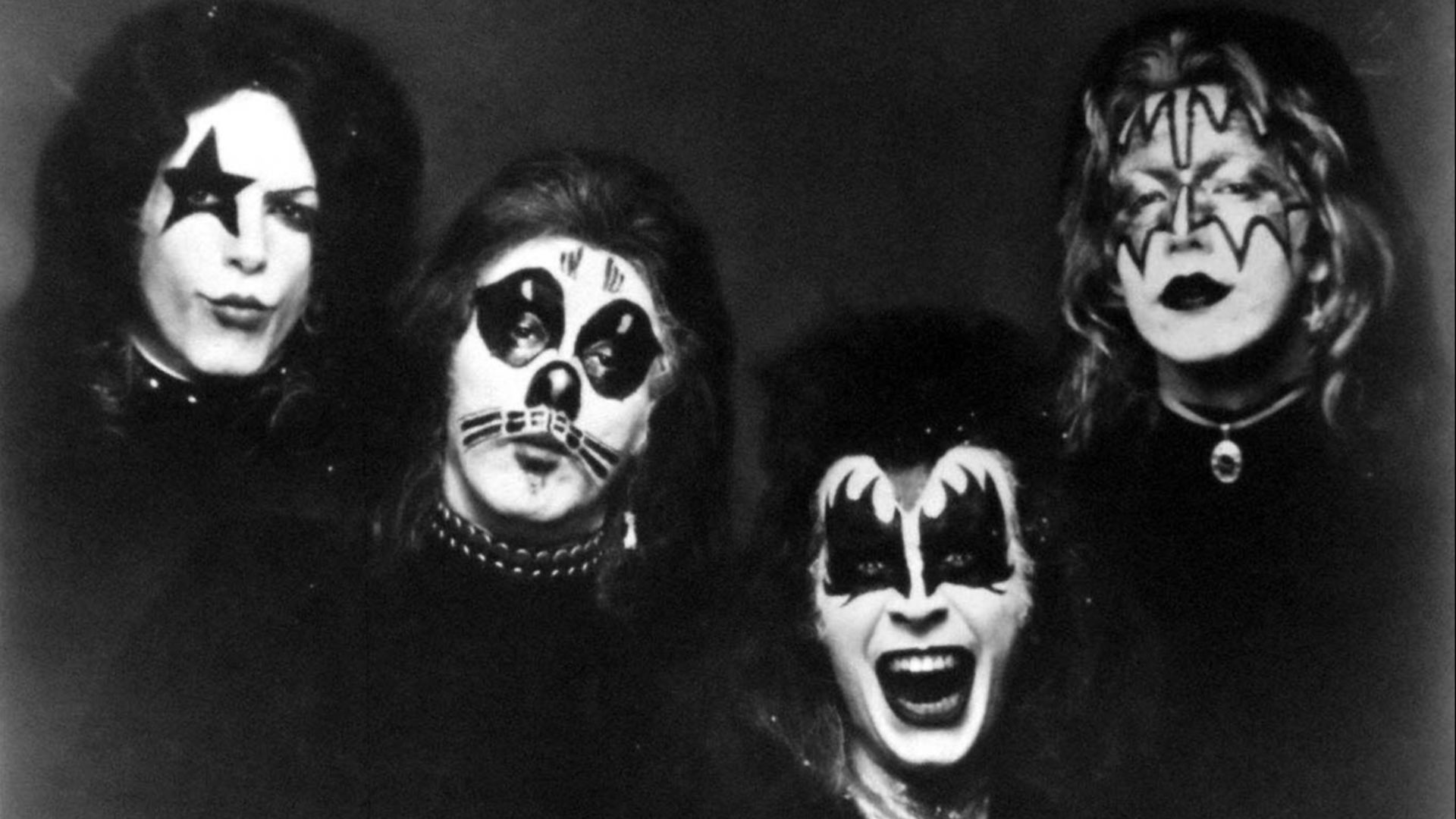 Casablanca Records, Wikimedia Commons
Casablanca Records, Wikimedia Commons
"Still Crazy After All These Years (Paul Simon)"
Paul Simon’s mix of melancholy and melody hit a career peak here. 50 Ways to Leave Your Lover remains a sly pop gem, while the title track glides with quiet grace. “I think melancholy is a beautiful emotion,” Simon said. He proved it.
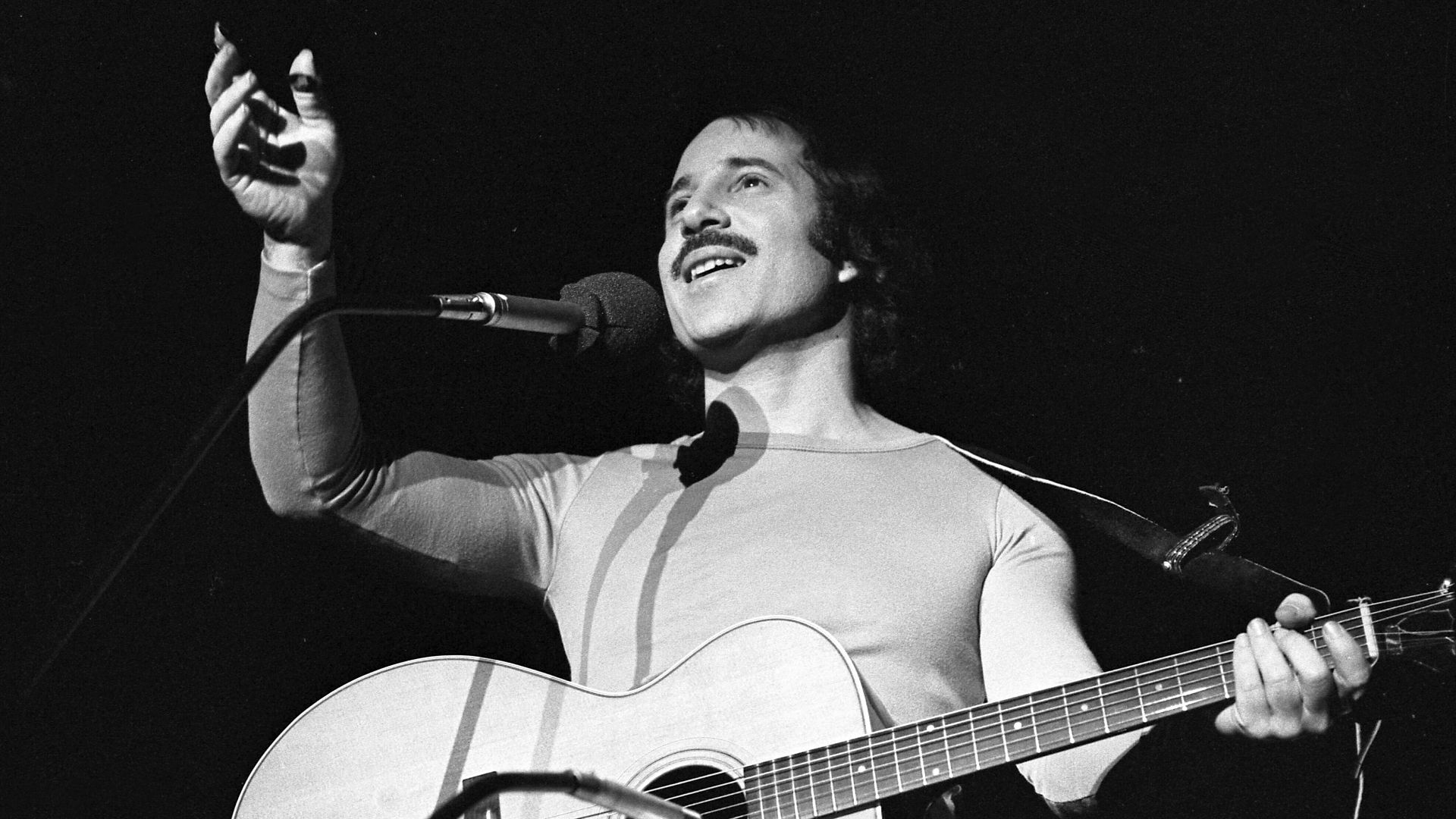 Harry Chase, Los Angeles Times, Wikimedia Commons
Harry Chase, Los Angeles Times, Wikimedia Commons
"Nighthawks at the Diner (Tom Waits)"
A smoky live set turned into a storytelling classic. Waits cracked jokes, told tall tales, and sang like a man born in the wrong century. “I wanted to make a record that smelled like coffee and cigarettes,” he said. Mission accomplished.
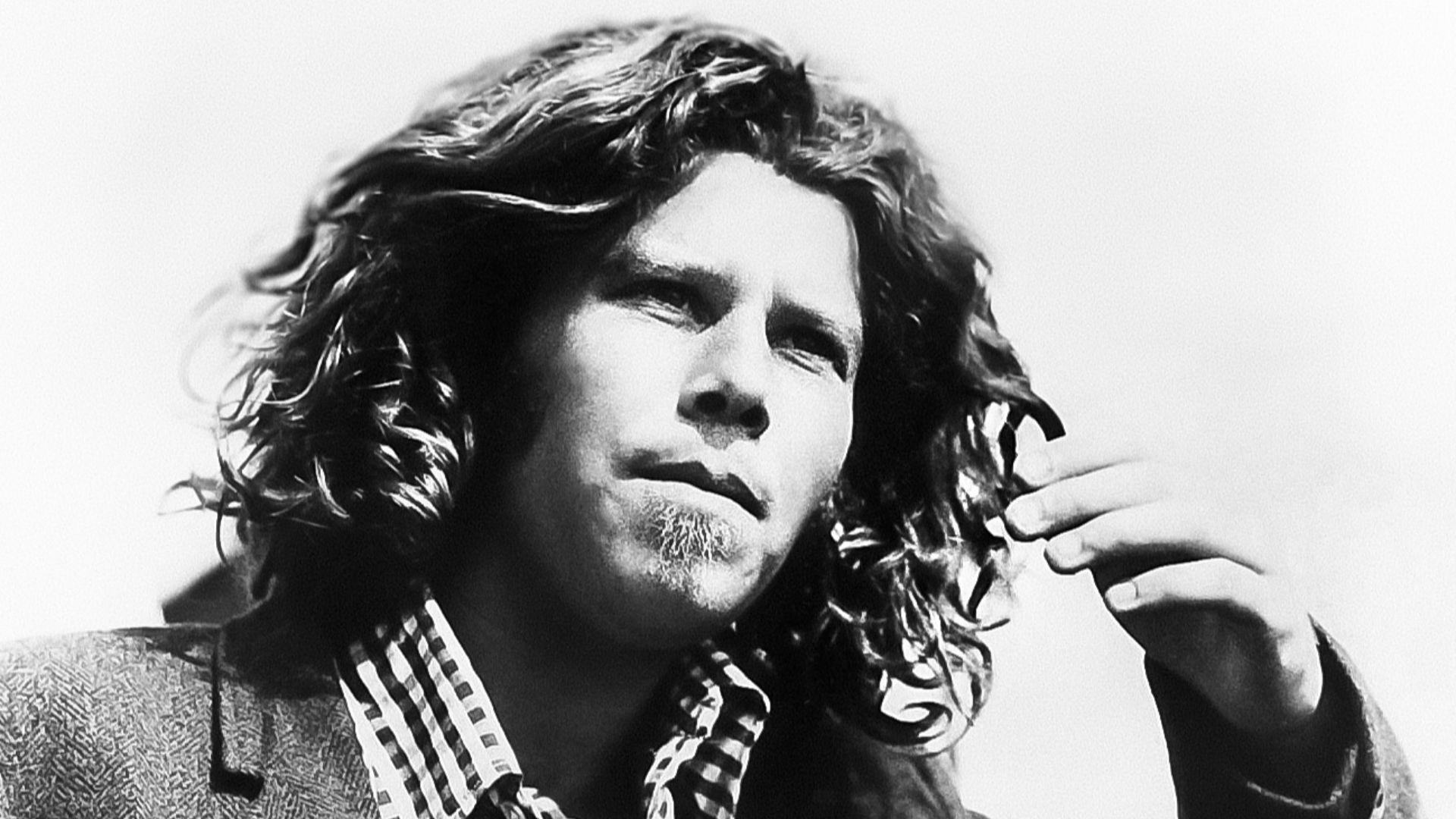 Published by Asylum Records. Photographer uncredited and unknown., Wikimedia Commons
Published by Asylum Records. Photographer uncredited and unknown., Wikimedia Commons
"The Basement Tapes (Bob Dylan & The Band)"
Though recorded in 1967, The Basement Tapes wasn’t officially released until 1975—making its 50th anniversary fair game. The sessions captured Dylan and The Band at their loosest and most creative. “We weren’t trying to make history,” said Robbie Robertson. “We were just playing.” Somehow, they did both.
"Blow by Blow (Jeff Beck)"
An instrumental tour de force, Blow by Blow is all tone and touch. Produced by George Martin, it showed Jeff Beck’s ability to make a guitar sing. Beck called it “my voice, without words.” Few could match that expressiveness.
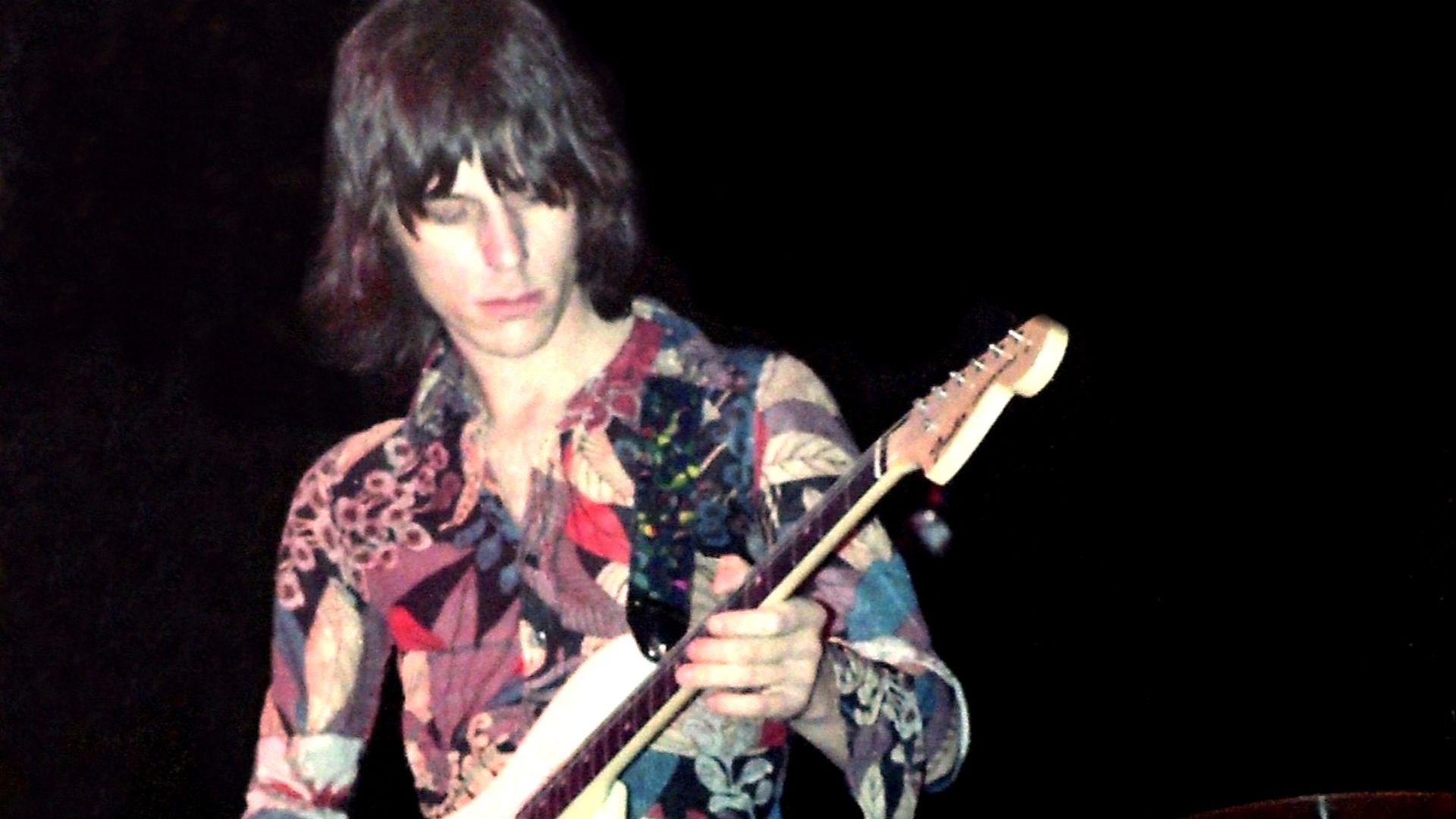 Klaus Hiltscher, Wikimedia Commons
Klaus Hiltscher, Wikimedia Commons
"That’s the Way of the World (Earth, Wind & Fire)"
Few albums radiate positivity like this one. Shining Star and Reasons showcase Earth, Wind & Fire’s musical precision and spiritual warmth. Maurice White said, “We wanted to lift people up.” Fifty years later, it still does.
 Columbia Records, Wikimedia Commons
Columbia Records, Wikimedia Commons
"One Size Fits All (Frank Zappa and the Mothers of Invention)"
Witty, weird, and virtuosic, Zappa’s One Size Fits All mixed humor with technical brilliance. “We’re satire you can dance to,” Zappa joked. It’s a masterclass in musical chaos.
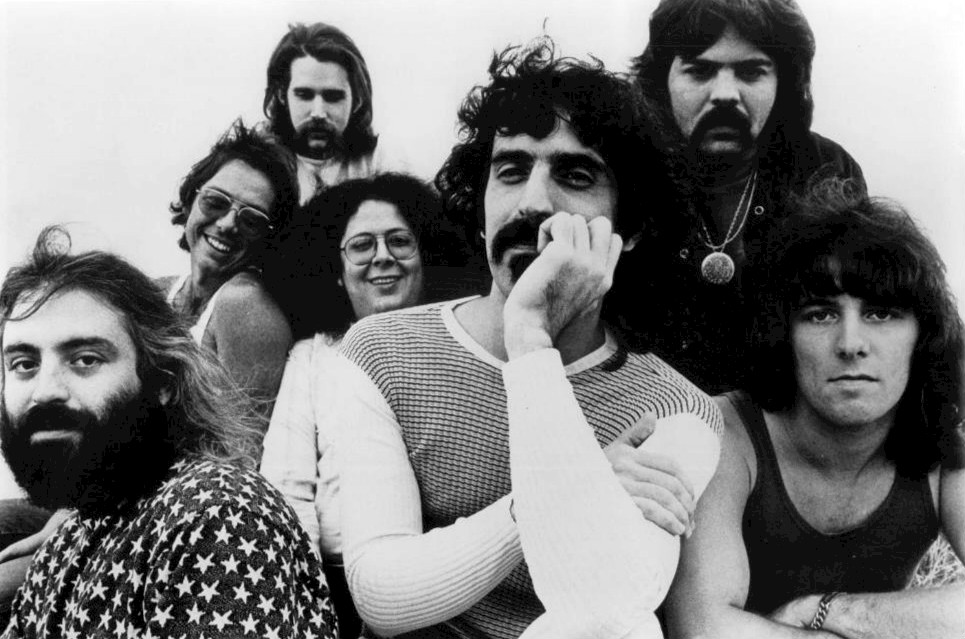 Herb Cohen Management, Wikimedia Commons
Herb Cohen Management, Wikimedia Commons
"Fandango! (ZZ Top)"
Half live, half studio, Fandango! captures ZZ Top’s gritty charm. Billy Gibbons said, “We just wanted to boogie.” And boogie they did. Tush became a blues-rock staple still heard in dive bars everywhere.
"The Heat Is On (The Isley Brothers)"
This album was pure fire—literally and figuratively. Fight the Power and For the Love of You balance funk and romance perfectly. Ronald Isley called it “our message of strength and love.”
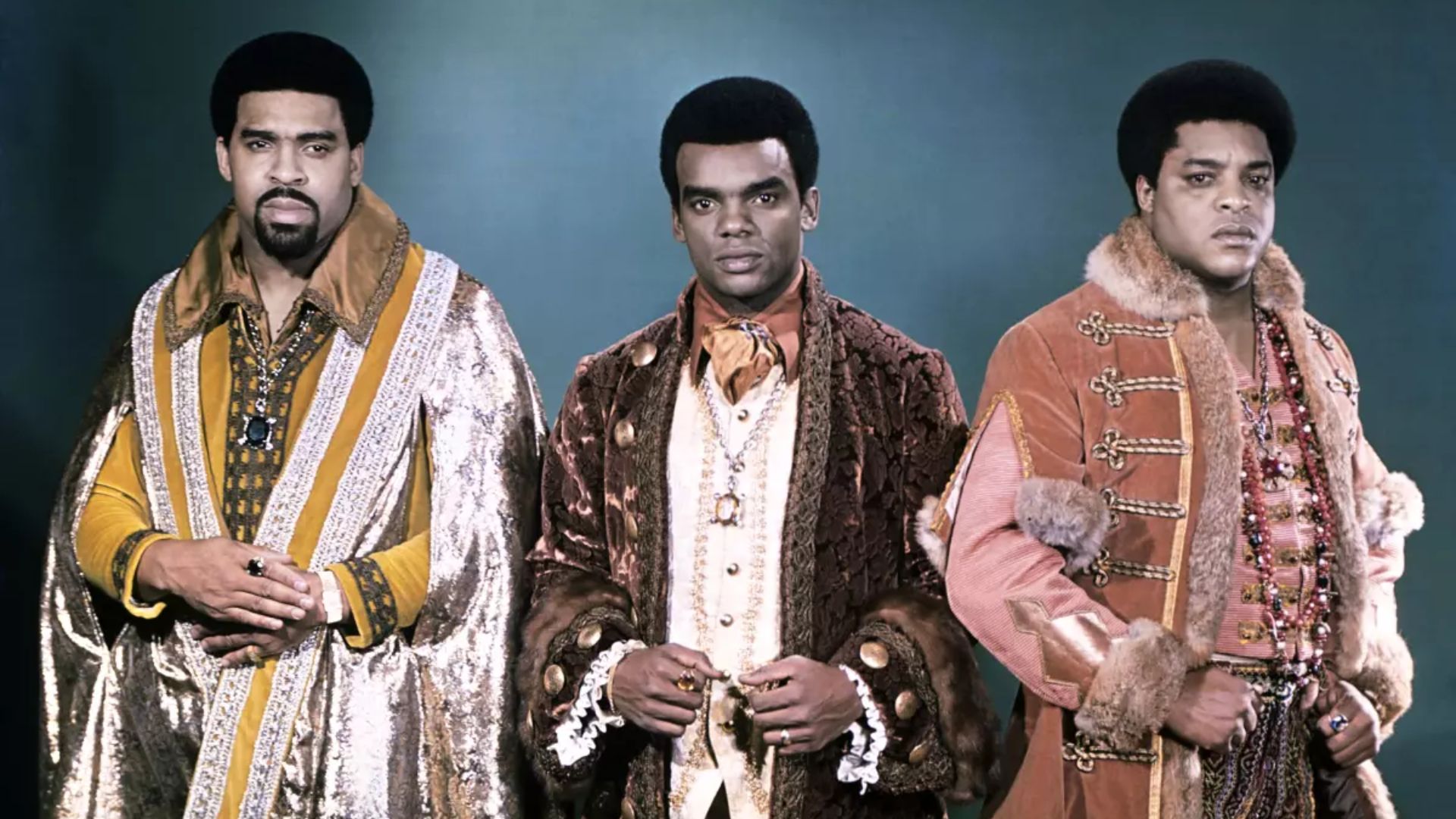 T-Neck Records, Wikimedia Commons
T-Neck Records, Wikimedia Commons
"Fly by Night (Rush)"
The arrival of drummer Neil Peart turned Rush into prog-rock philosophers. Fly by Night was their leap forward—smart, bold, and precise. “We learned to be fearless,” said Geddy Lee.
"T.N.T. (AC/DC)"
AC/DC’s swagger was already unstoppable. It’s a Long Way to the Top (If You Wanna Rock ’n’ Roll) mixed bagpipes with hard rock and somehow made it work. Bon Scott grinned, “We never did anything halfway.”
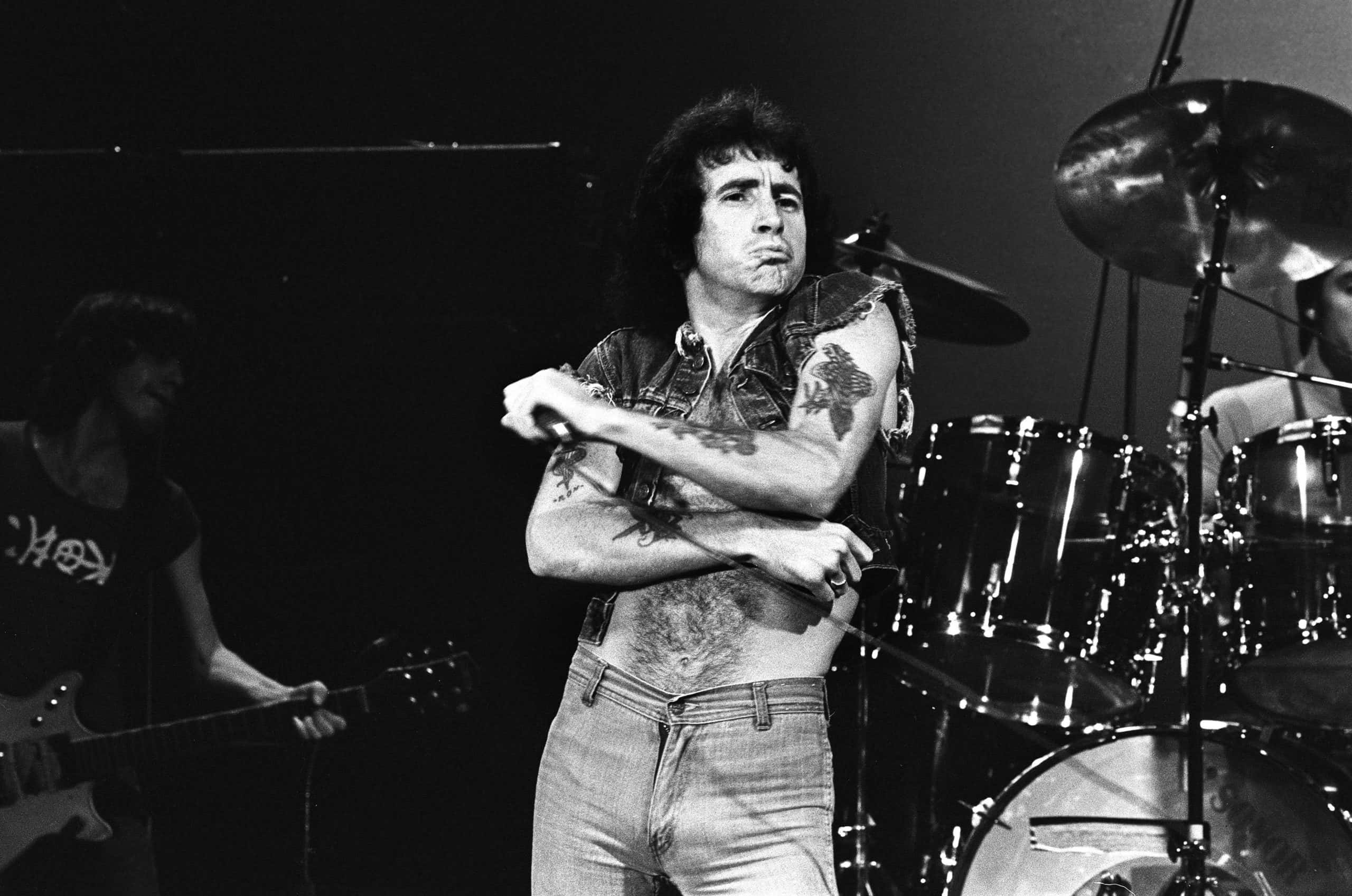 Michael Ochs Archives, Getty Images
Michael Ochs Archives, Getty Images
"Horses (Patti Smith)"
The birth of punk and poetry in one album. Patti Smith opened with “Jesus died for somebody’s sins, but not mine,” and never looked back. She said she wanted “to make rock and roll safe for poetry.” Mission accomplished.
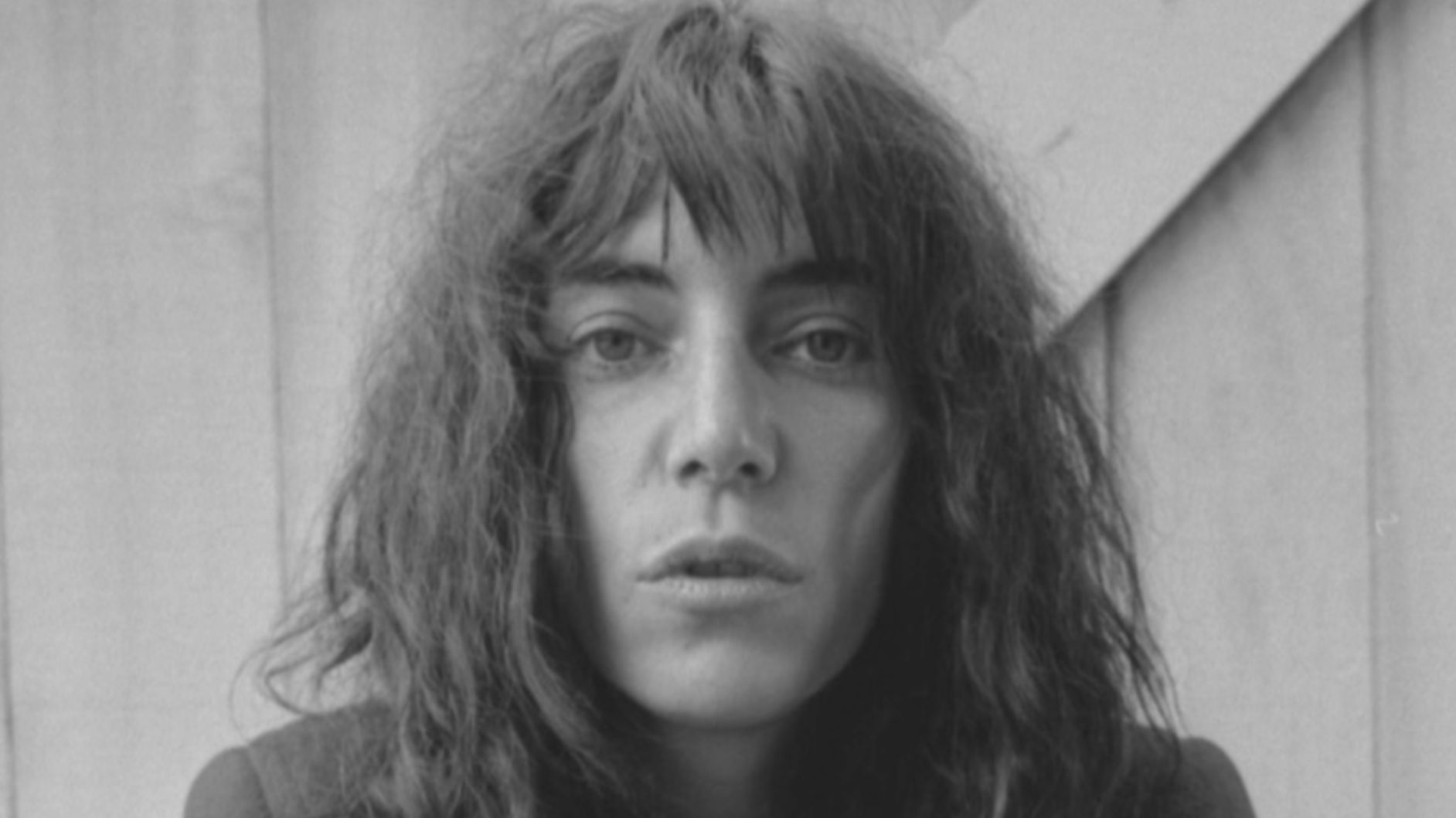 UCLA Library Special Collections, Wikimedia Commons
UCLA Library Special Collections, Wikimedia Commons
"The Myths and Legends of King Arthur and the Knights of the Round Table (Rick Wakeman)"
Yes, it’s a prog-rock concept album about medieval knights—and yes, Wakeman performed it on ice. “If you’re going to do it, overdo it,” he laughed later. Excess turned into excellence.
"Main Course (Bee Gees)"
The Bee Gees found their groove here. Jive Talkin’ introduced the funky sound that would define their next era. Barry Gibb said, “It was like we discovered rhythm again.” The rest is disco history.
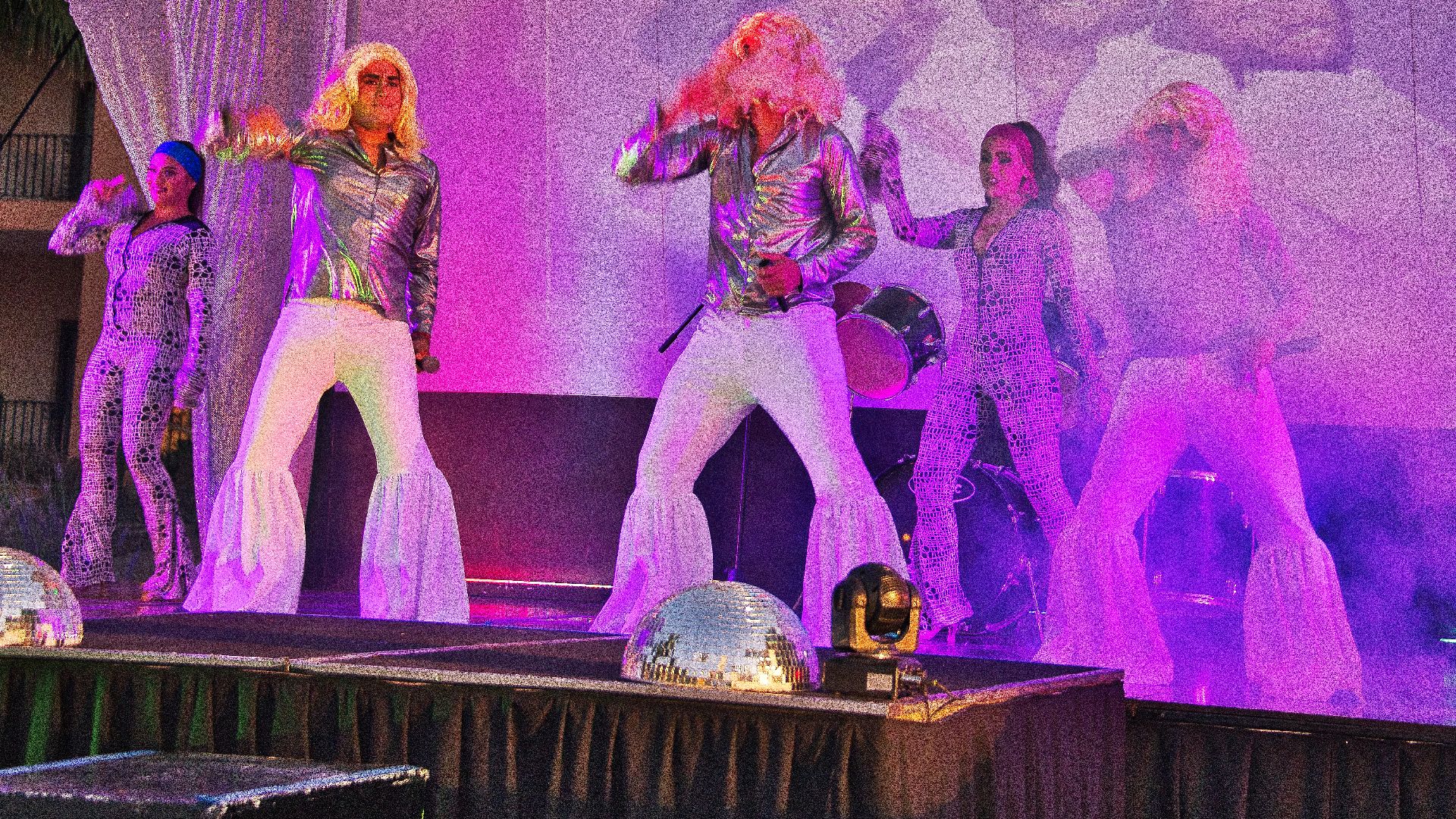 Kirt Edblom, Wikimedia Commons
Kirt Edblom, Wikimedia Commons
"Rufus featuring Chaka Khan (Rufus)"
Chaka Khan’s powerhouse vocals turned every track into a moment. Sweet Thing and Once You Get Started made her a star. “I didn’t just sing songs—I lived them,” she said.
 The original uploader was Dwightmccann at English Wikipedia., Wikimedia Commons
The original uploader was Dwightmccann at English Wikipedia., Wikimedia Commons
"Tonight’s the Night (Neil Young)"
Raw and grieving, this album was Young’s tribute to lost friends. Recorded mostly live, it’s messy, emotional, and unforgettable. “I was searching for catharsis,” he said. He found it.
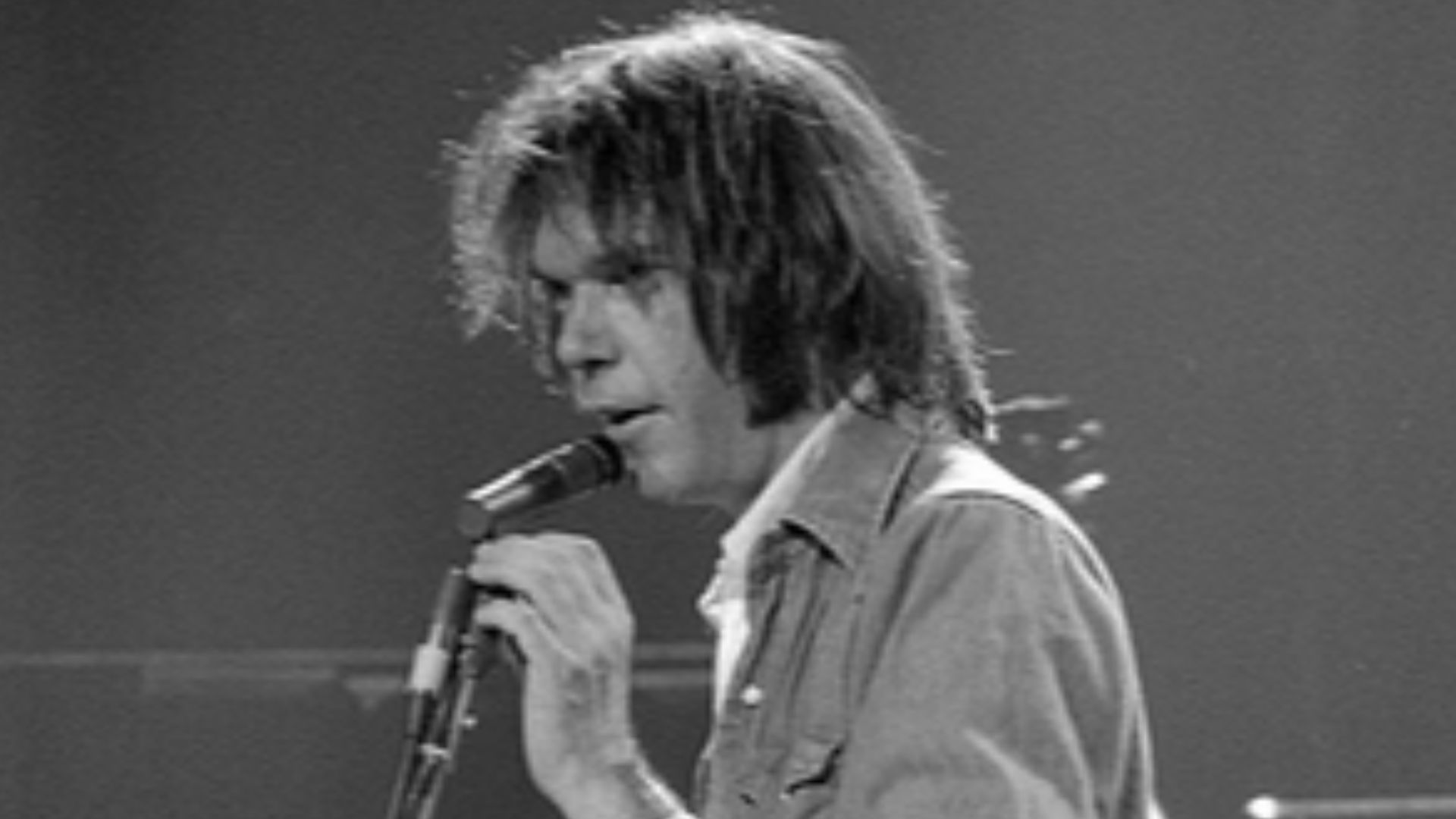 Mark Estabrook, Wikimedia Commons
Mark Estabrook, Wikimedia Commons
"Venus and Mars (Wings)"
Paul McCartney’s post-Beatles band hit their stride here. Listen to What the Man Said and Letting Go proved Macca still had endless melodies in him. “We were a band again,” McCartney said proudly.
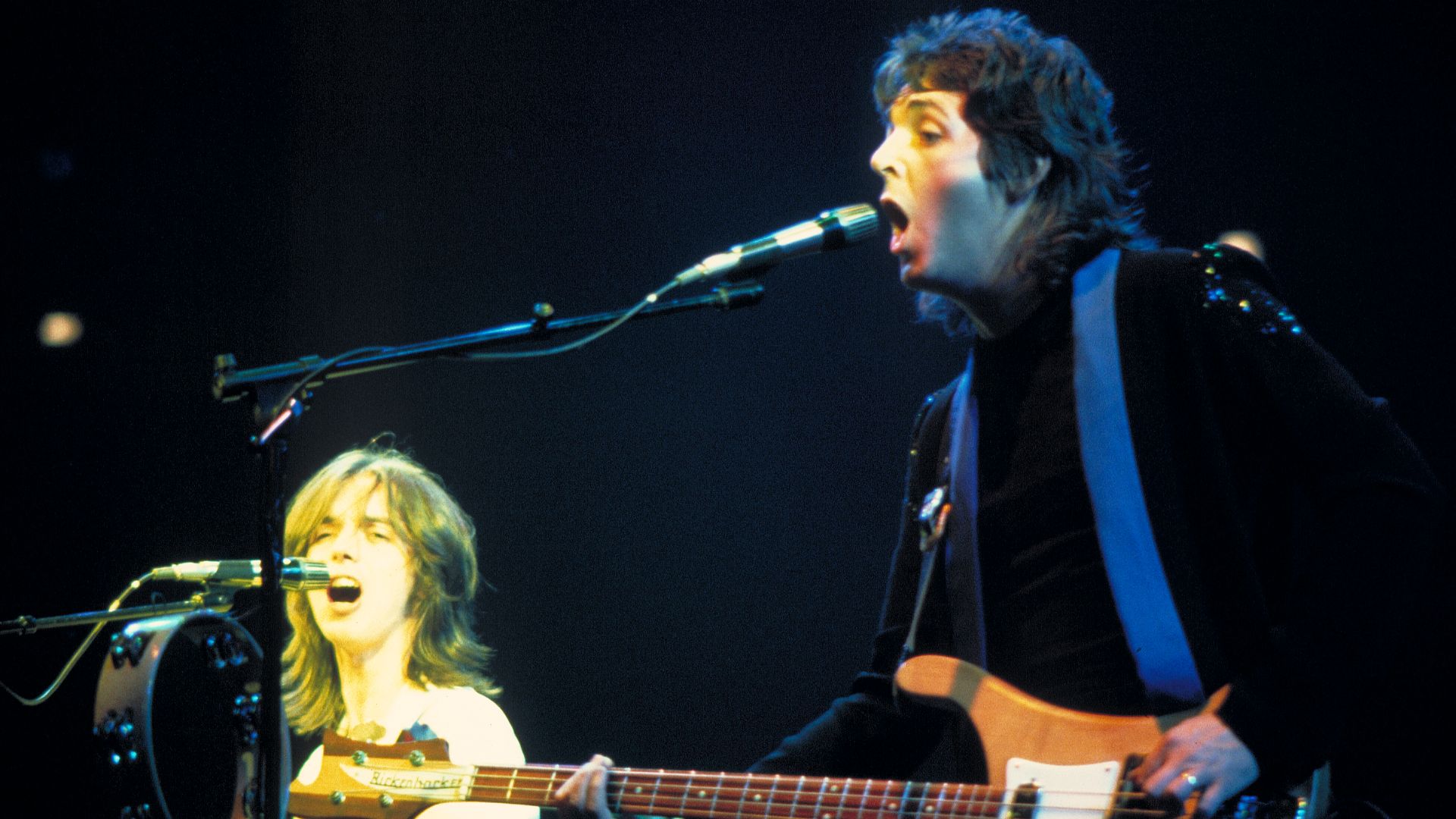 Jim Summaria., Wikimedia Commons
Jim Summaria., Wikimedia Commons
"Tales of Mystery and Imagination (The Alan Parsons Project)"
Inspired by Edgar Allan Poe’s stories, this album turned literature into lush soundscapes. Alan Parsons’ production made it cinematic. It’s proof that concept albums can be both intellectual and addictive.
"Let’s Take It to the Stage (Funkadelic)"
George Clinton and crew let loose on this wild ride of funk, humor, and sharp commentary. “We didn’t follow the rules,” he said. “We made our own.”
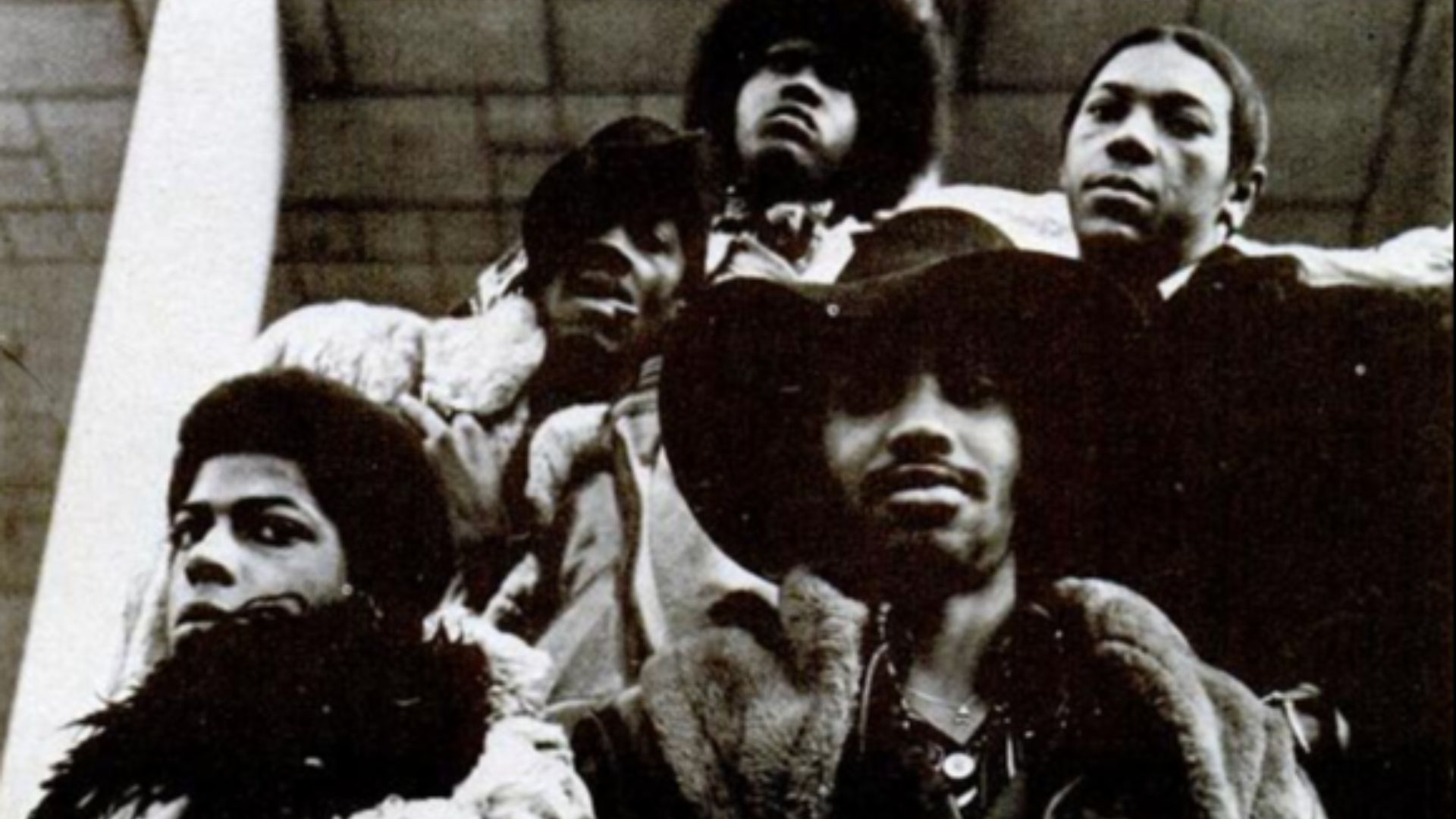 Author unknown, Wikimedia Commons
Author unknown, Wikimedia Commons
"There’s No Place Like America Today (Curtis Mayfield)"
Soul, struggle, and grace. Mayfield’s commentary on America was as poignant as his melodies were smooth. His voice carried both protest and peace. “We all need to find our own America,” he said.
"Eric Clapton’s Rainbow Concert (Eric Clapton)"
After years away from the spotlight, Clapton’s friends—Pete Townshend, Steve Winwood, and others—helped him back onstage. The result was a gritty, heartfelt performance that felt like rebirth. “It saved me,” Clapton admitted.
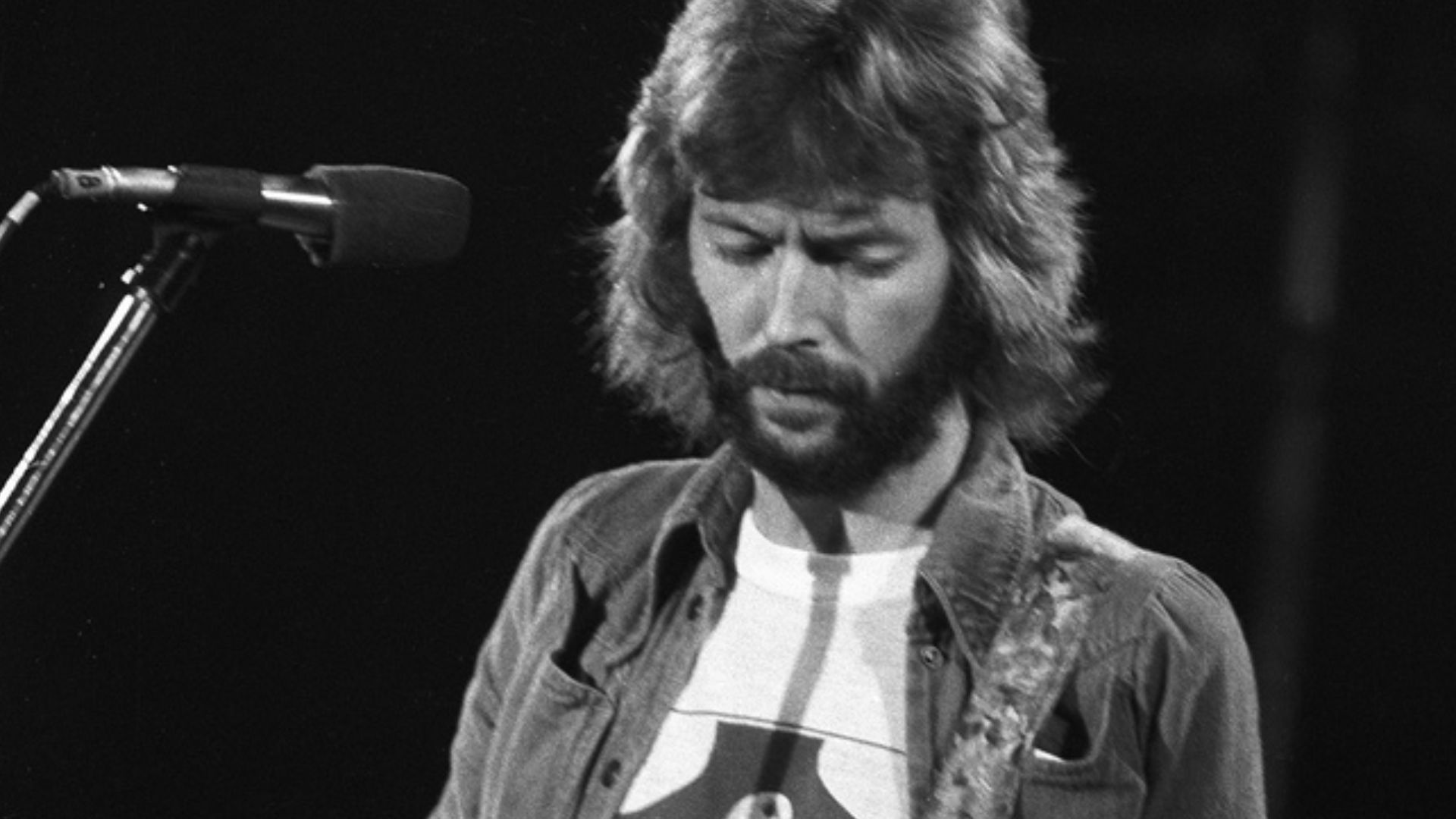 Matt Gibbons, Wikimedia Commons
Matt Gibbons, Wikimedia Commons
"Dressed to Kill (Kiss)"
This is where Rock and Roll All Nite was born. It’s fun, loud, and absolutely unapologetic. Gene Simmons once said, “We wanted to be larger than life.” They still are.
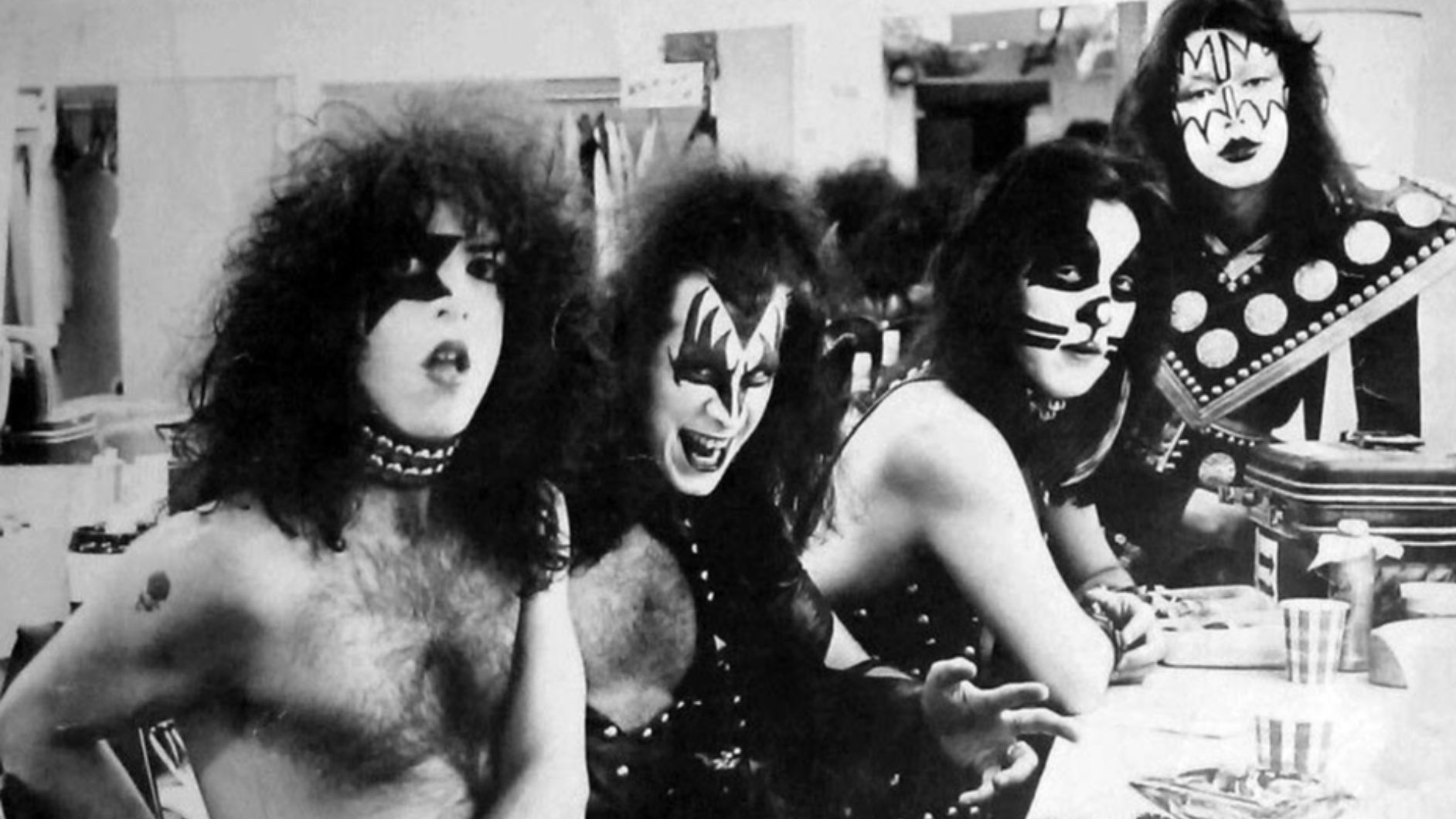 Casablanca Records, Wikimedia Commons
Casablanca Records, Wikimedia Commons
"Pampered Menial (Pavlov’s Dog)"
A forgotten gem of theatrical prog-rock. David Surkamp’s unique voice gives the album its odd charm. It’s ambitious, melodic, and totally fearless—just like the era that birthed it.
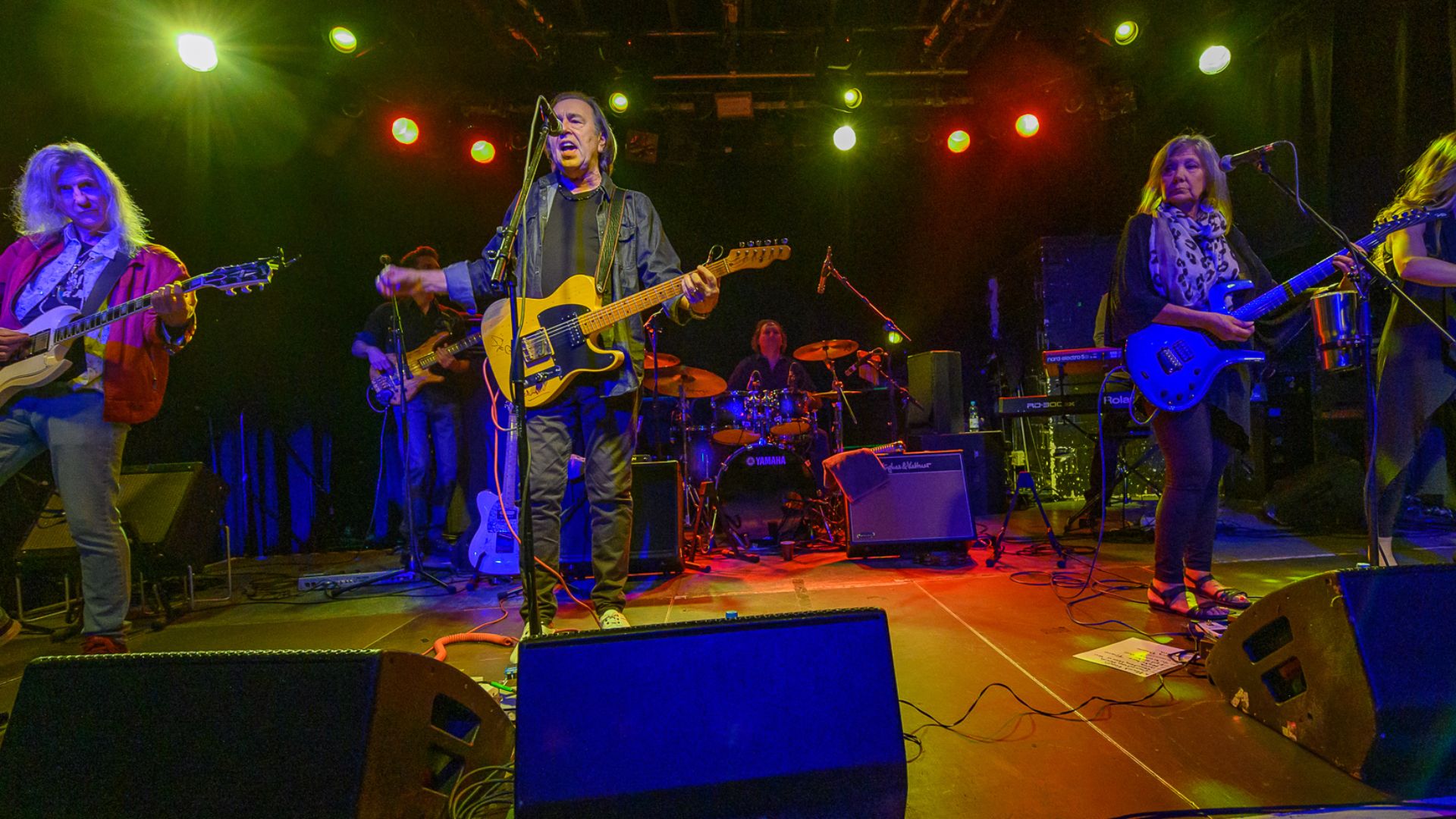 Stefan Brending (2eight), Wikimedia Commons
Stefan Brending (2eight), Wikimedia Commons
"Extra Texture (Read All About It) (George Harrison)"
Soulful and introspective, Harrison’s 1975 release feels personal and searching. Songs like You and Tired of Midnight Blue showcase his sincerity. “All I have to offer is truth,” he said—and he meant it.
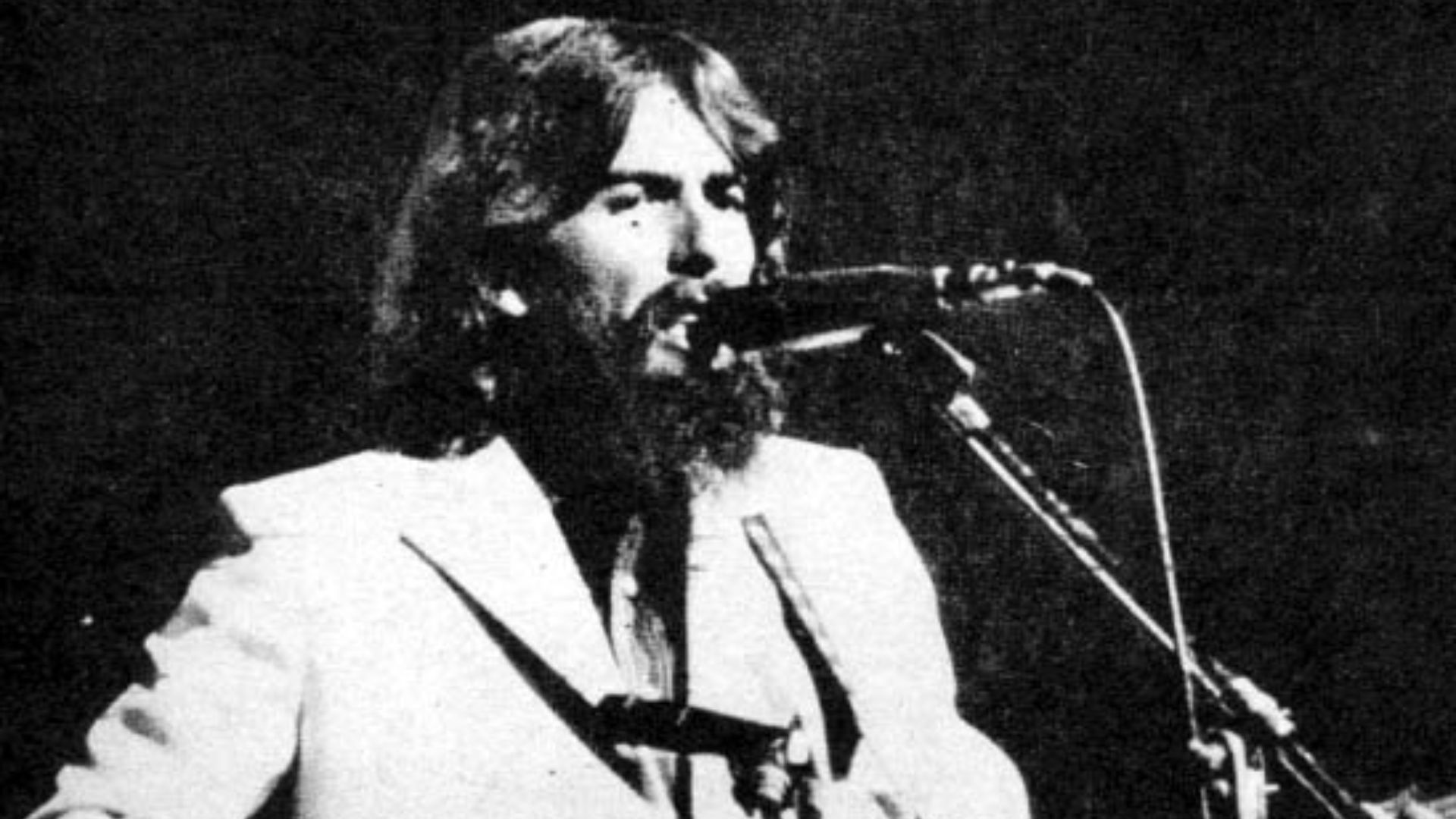 Unknown authorUnknown author, Wikimedia Commons
Unknown authorUnknown author, Wikimedia Commons
"KC and the Sunshine Band (KC and the Sunshine Band)"
Before disco became parody, it was pure joy. That’s the Way (I Like It) and Get Down Tonight remain dance-floor perfection. KC said, “We wanted to make people move—and smile.”
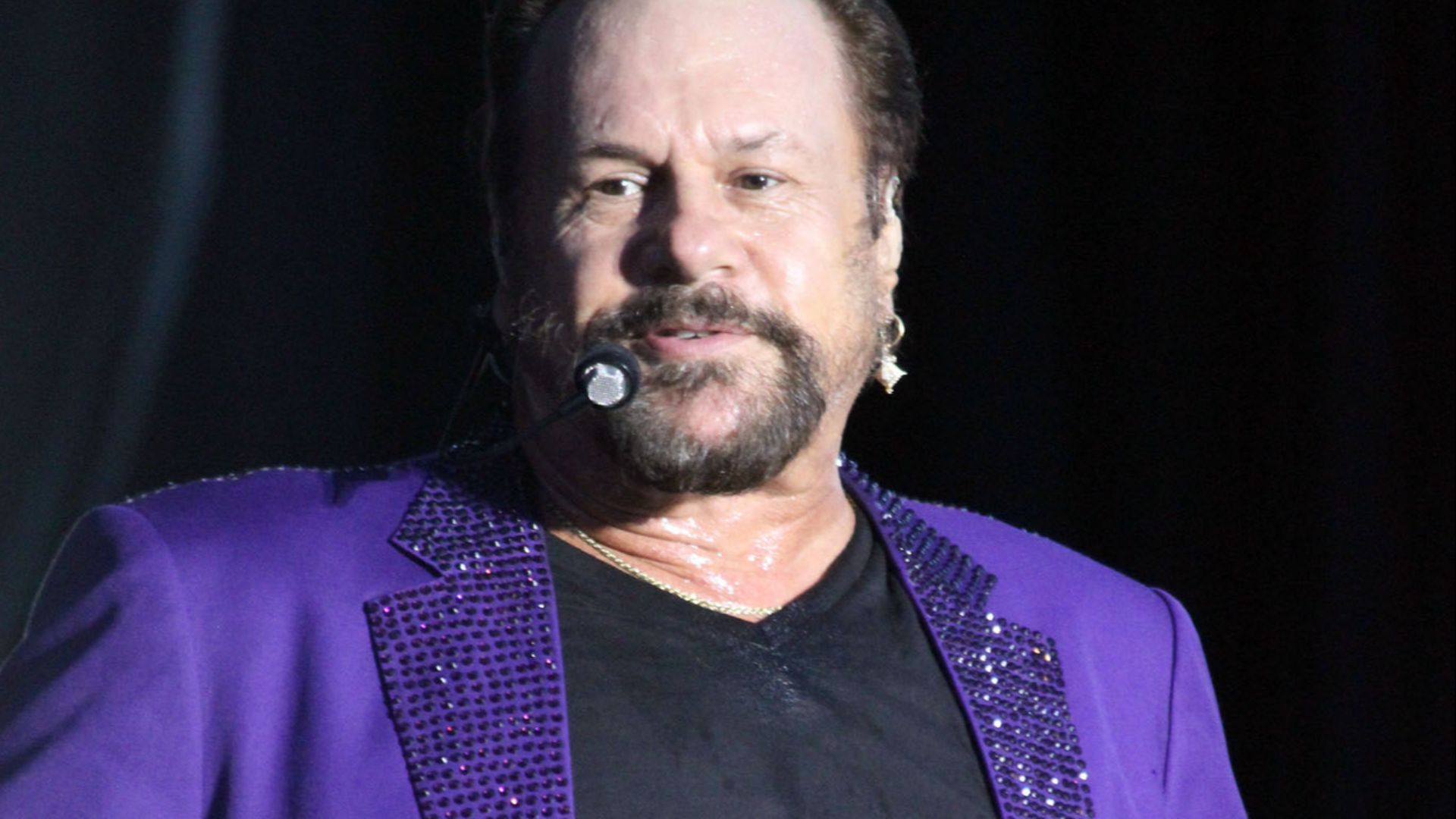 Cornstalker, Wikimedia Commons
Cornstalker, Wikimedia Commons
"Between the Lines (Janis Ian)"
At just 24, Ian wrote At Seventeen, an anthem for every outsider. She later said, “It was the truth no one wanted to admit.” It’s intimate, honest, and still heartbreaking.
"Prisoner in Disguise (Linda Ronstadt)"
Linda Ronstadt’s voice could melt steel. This album blends rock, pop, and soul, featuring her takes on Heat Wave and Tracks of My Tears. She made every cover her own.
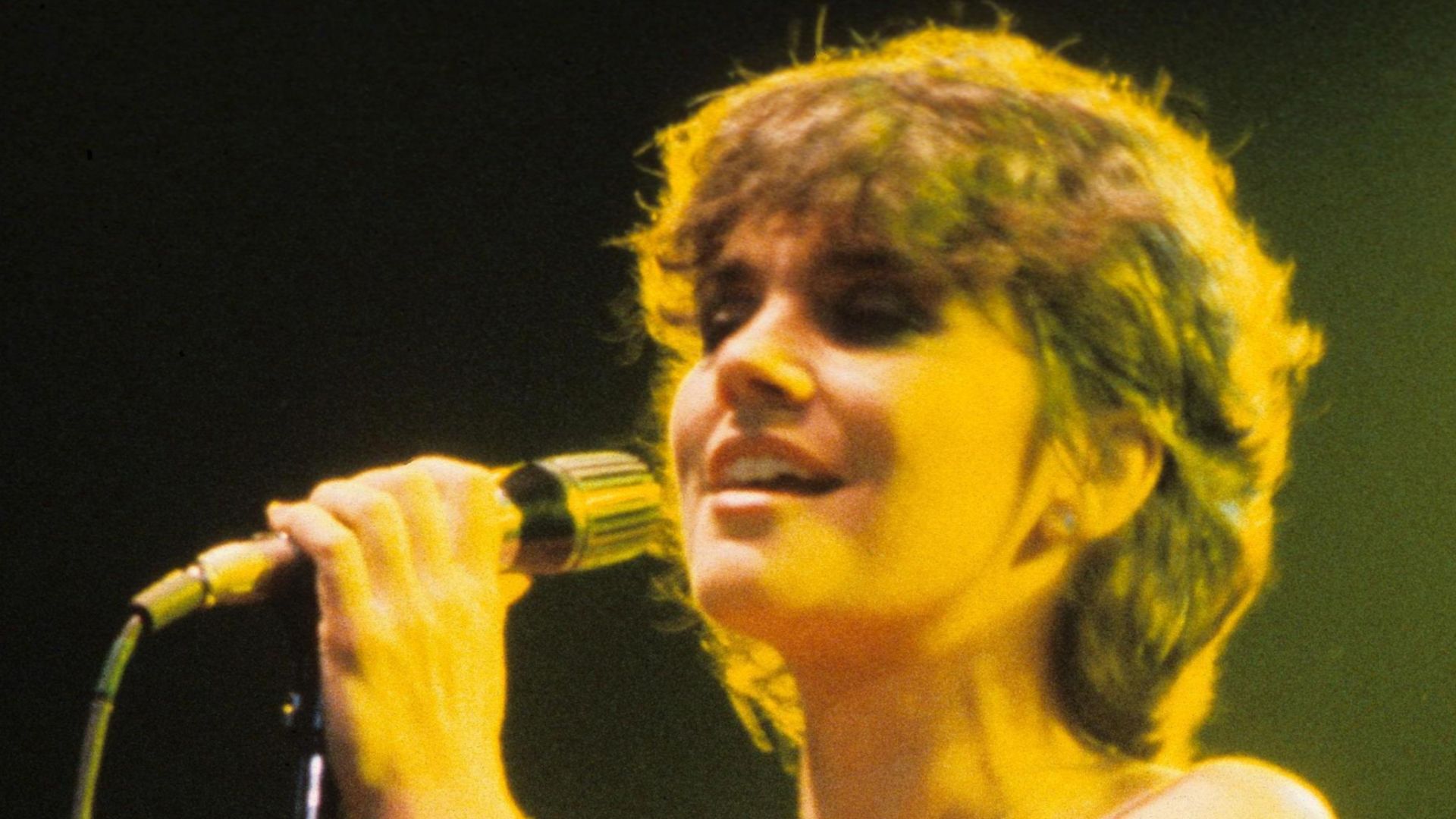 Carl Lender at https://www.flickr.com/photos/clender/, Wikimedia Commons
Carl Lender at https://www.flickr.com/photos/clender/, Wikimedia Commons
"Fire on the Bayou (The Meters)"
Straight out of New Orleans, The Meters delivered swampy, syncopated funk that still grooves today. “We were just jamming,” Art Neville said. “But the magic was real.”
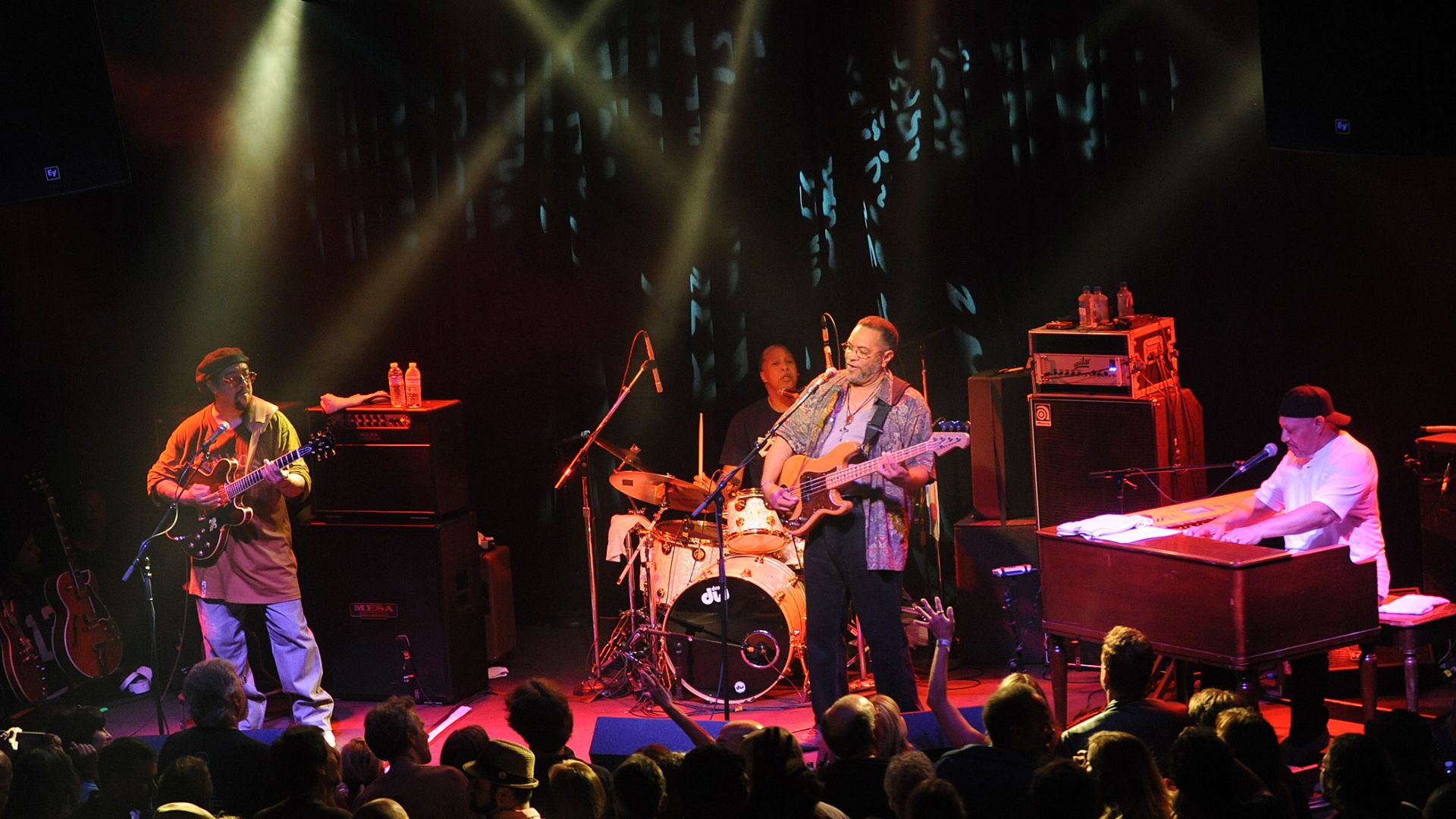 Annettejones07, Wikimedia Commons
Annettejones07, Wikimedia Commons
"Welcome to My Nightmare (Alice Cooper)"
Theatrical, twisted, and wildly entertaining, Alice Cooper turned horror into art. “We wanted to scare and delight people at the same time,” he said. He succeeded on both counts.
"Katy Lied (Steely Dan)"
Donald Fagen and Walter Becker at their most meticulous. Doctor Wu and Bad Sneakers are sardonic, silky, and genius. Perfection never sounded so cool—or so effortless.
"Crisis? What Crisis? (Supertramp)"
A wry title for a surprisingly warm album. Supertramp’s clever songwriting and distinctive harmonies make it a quietly underrated gem. “We were observing the madness of modern life,” Roger Hodgson said. Some things never change.
You Might Also Like:

